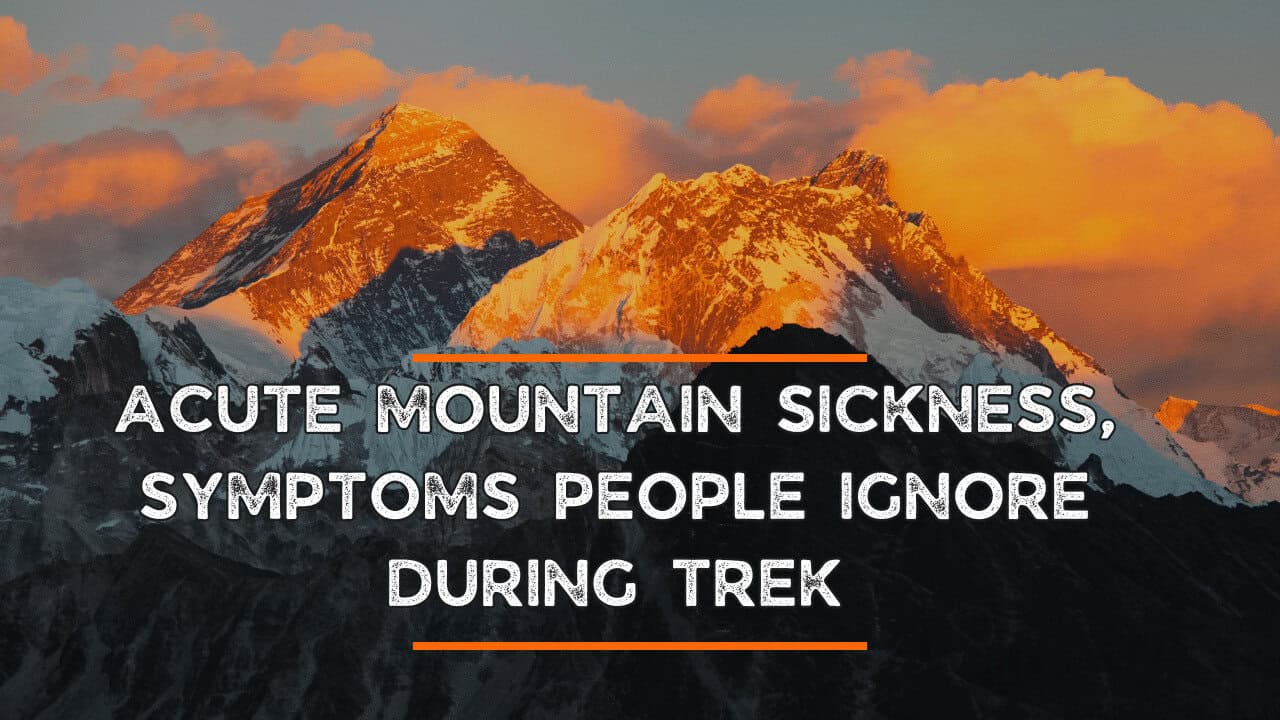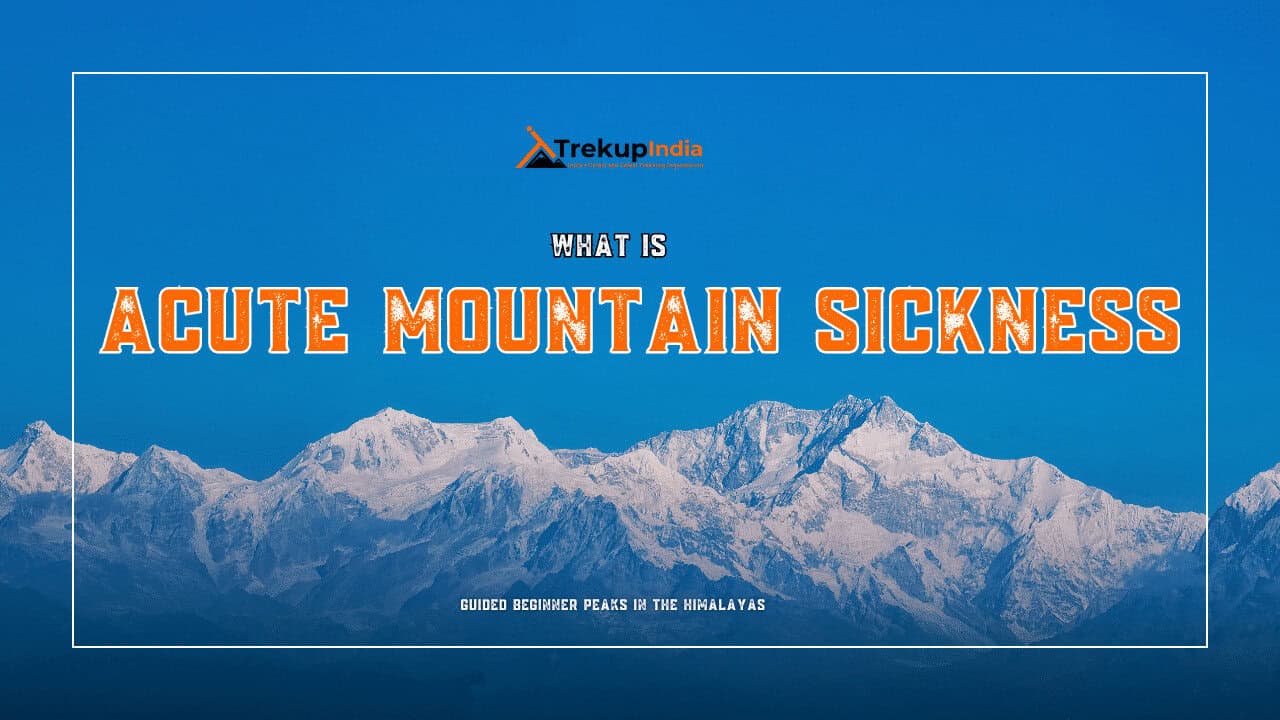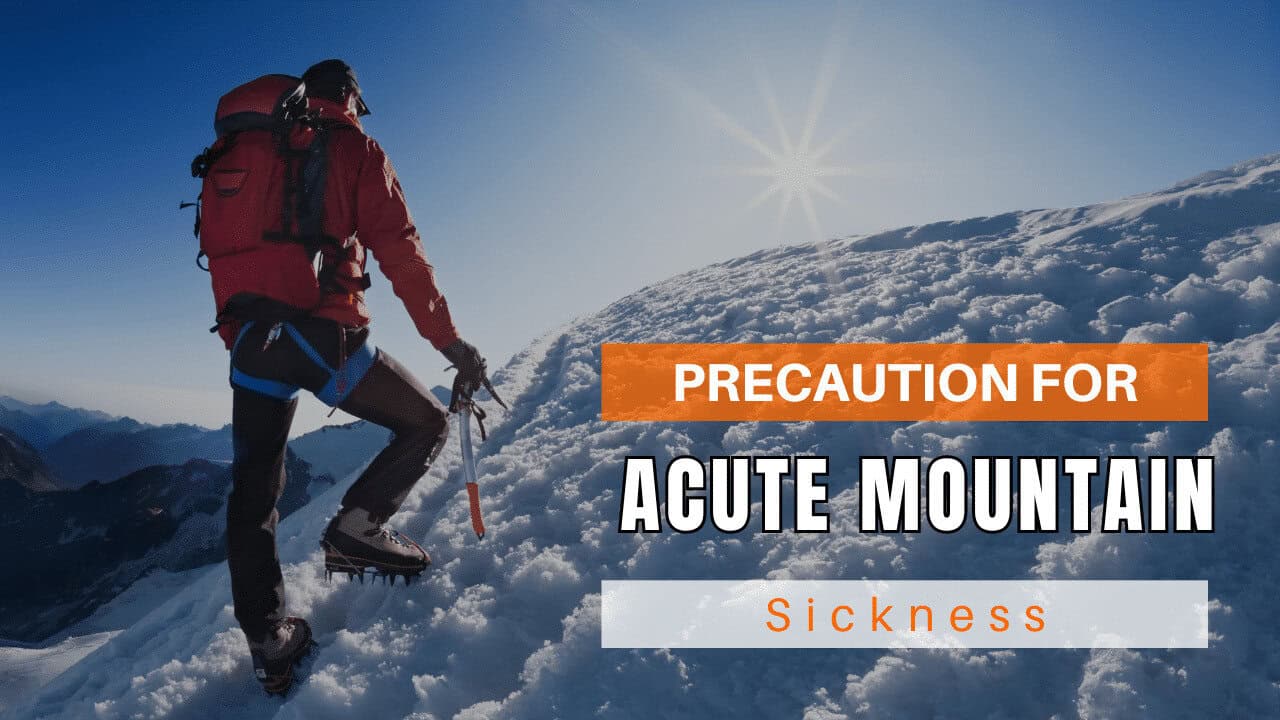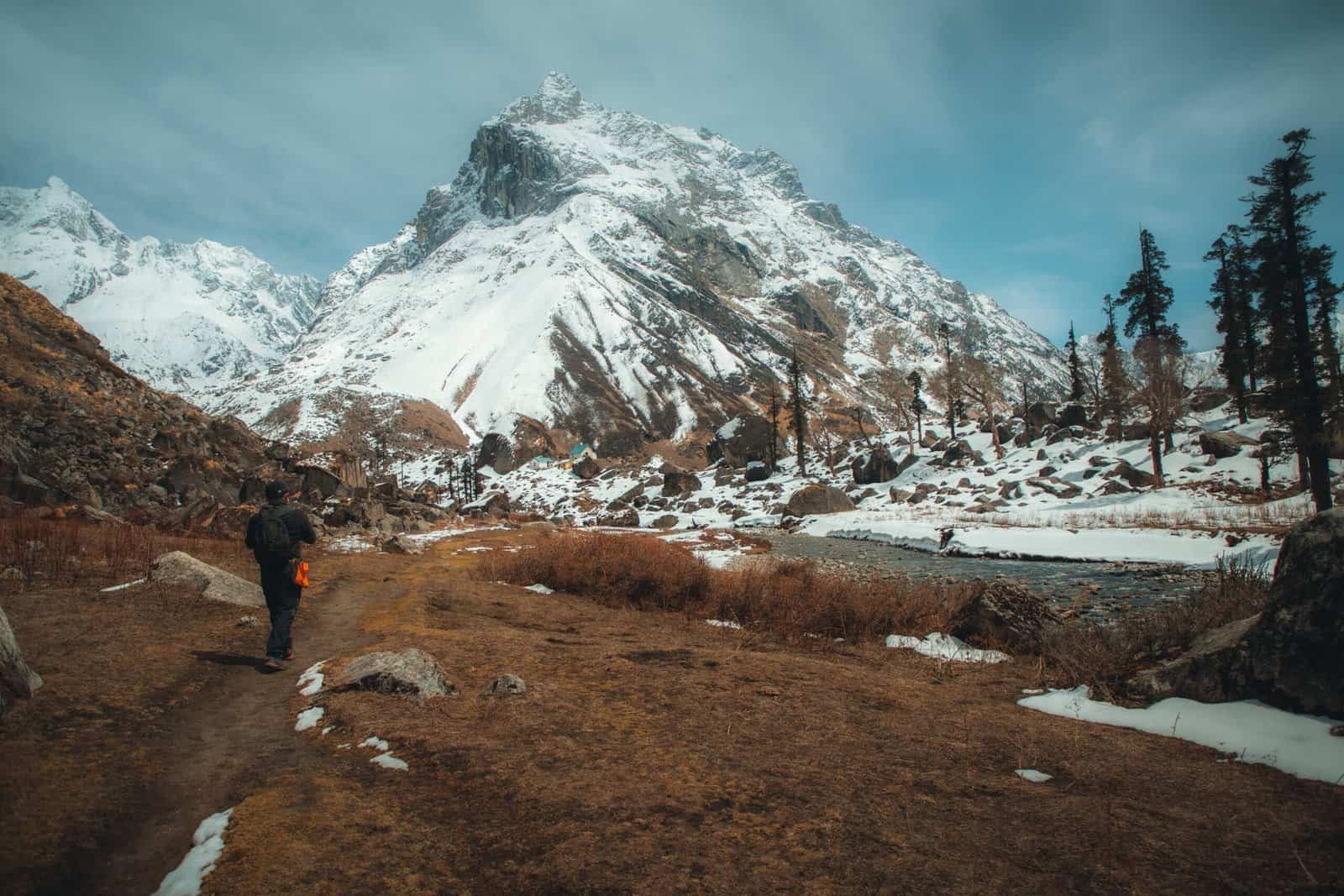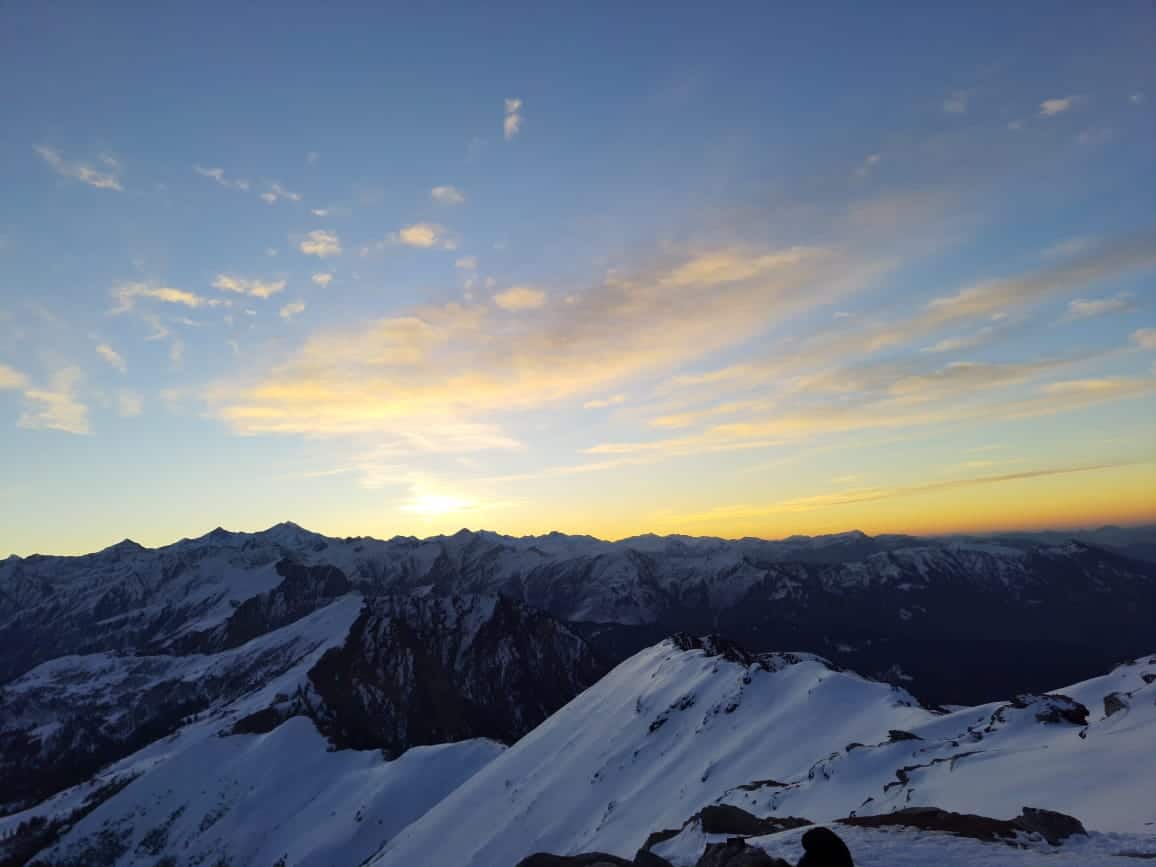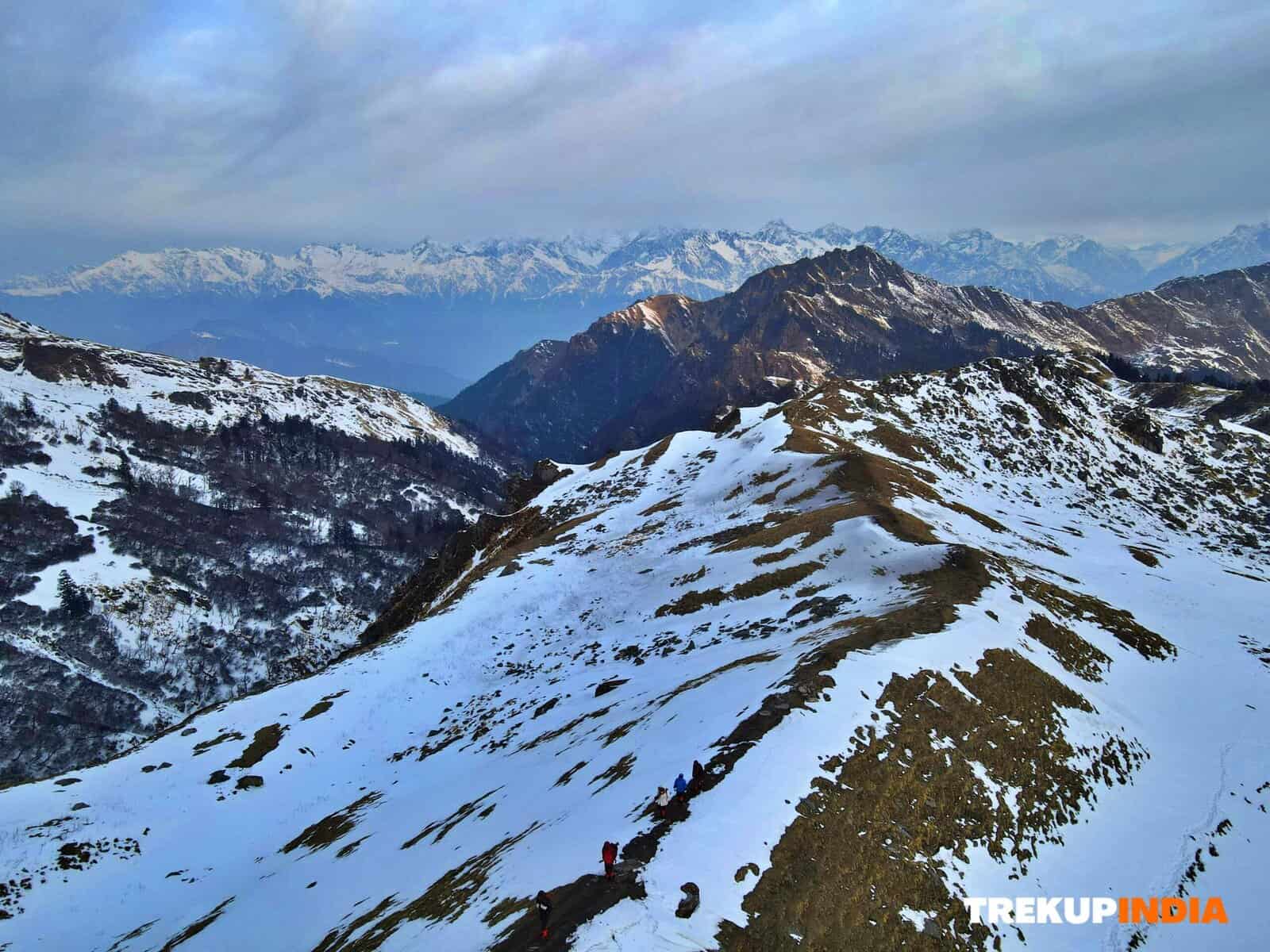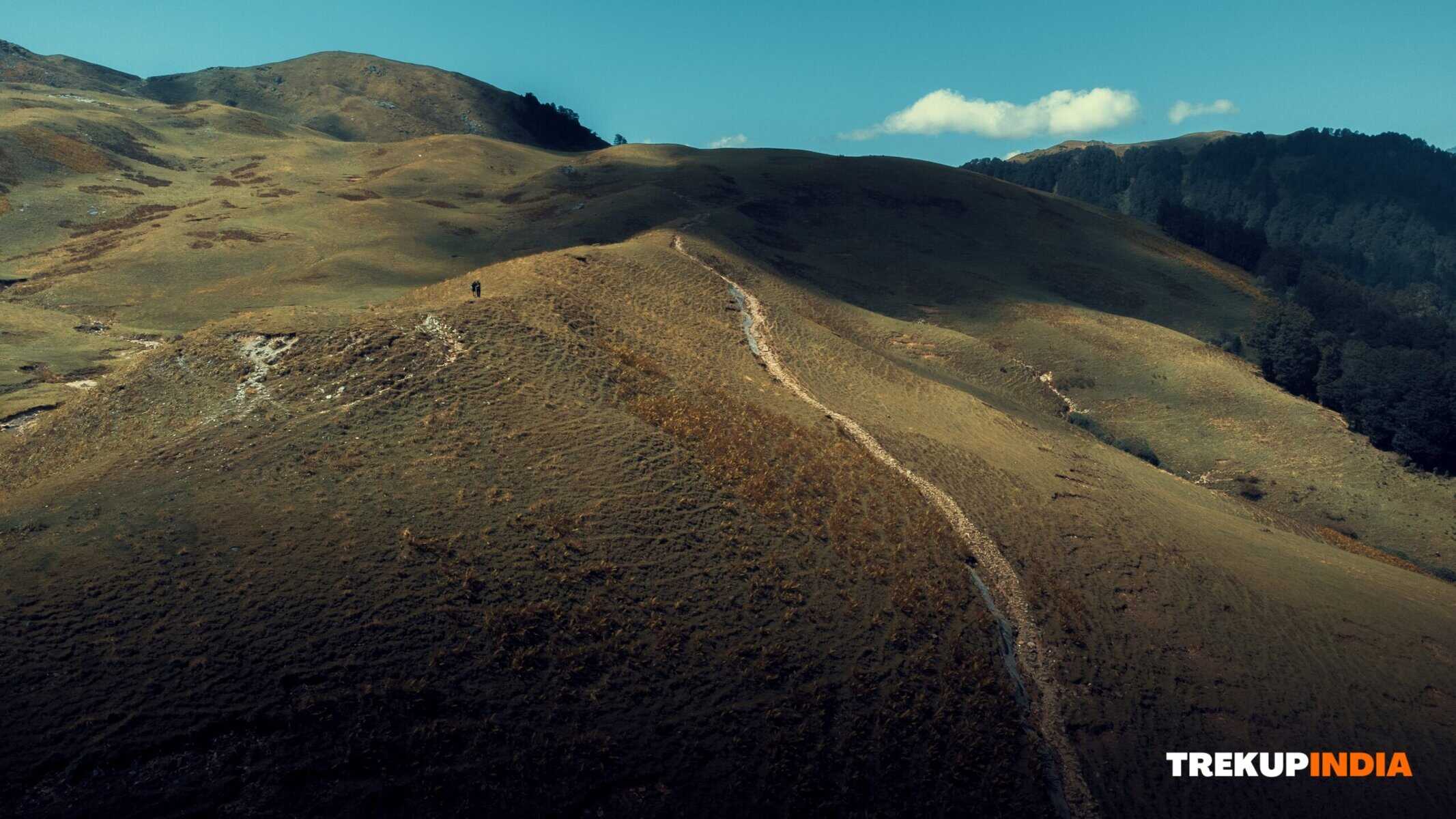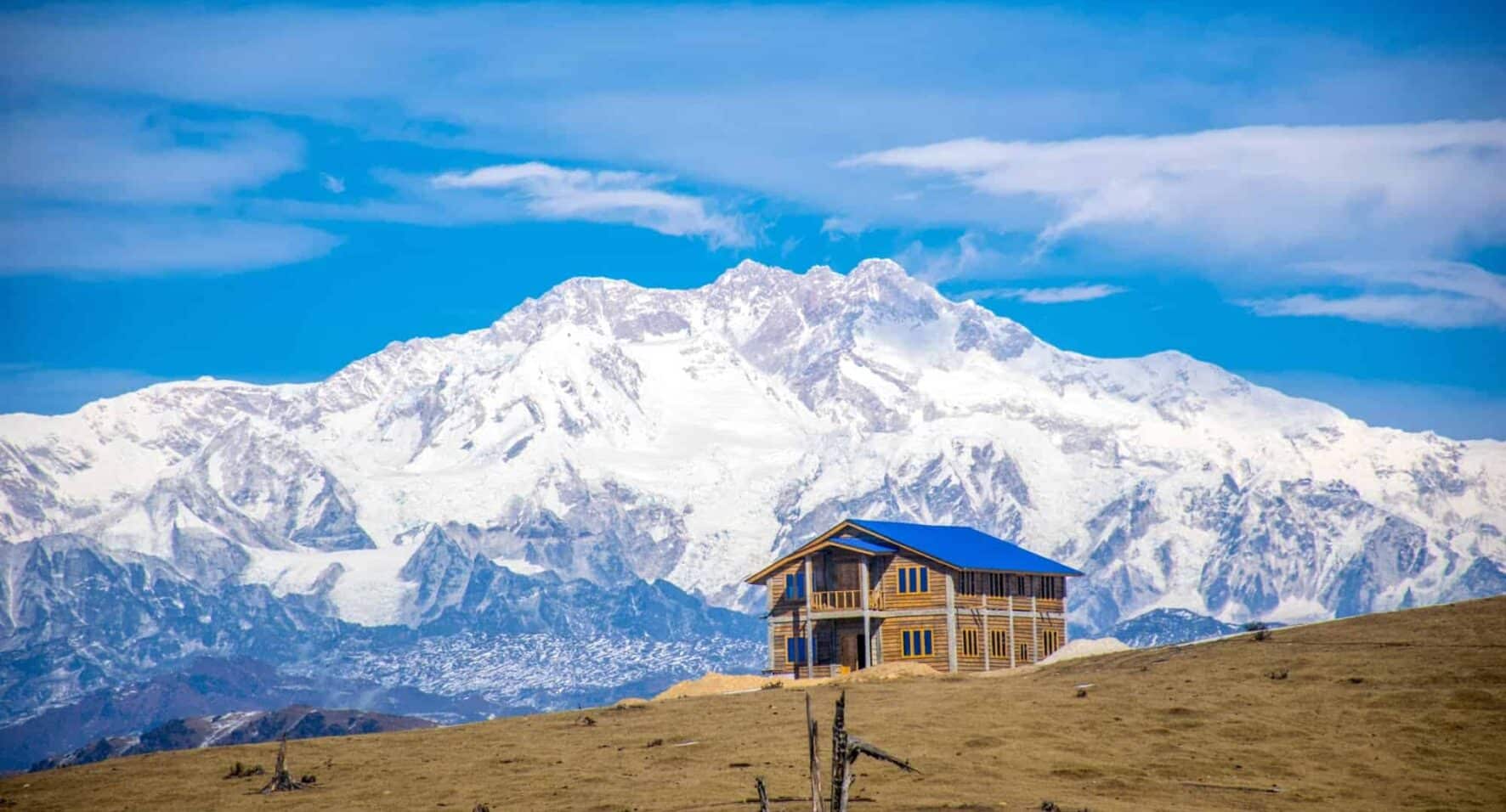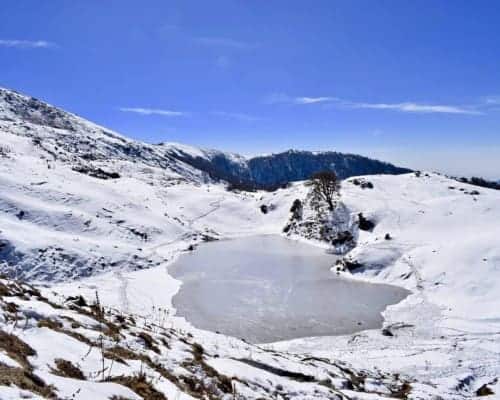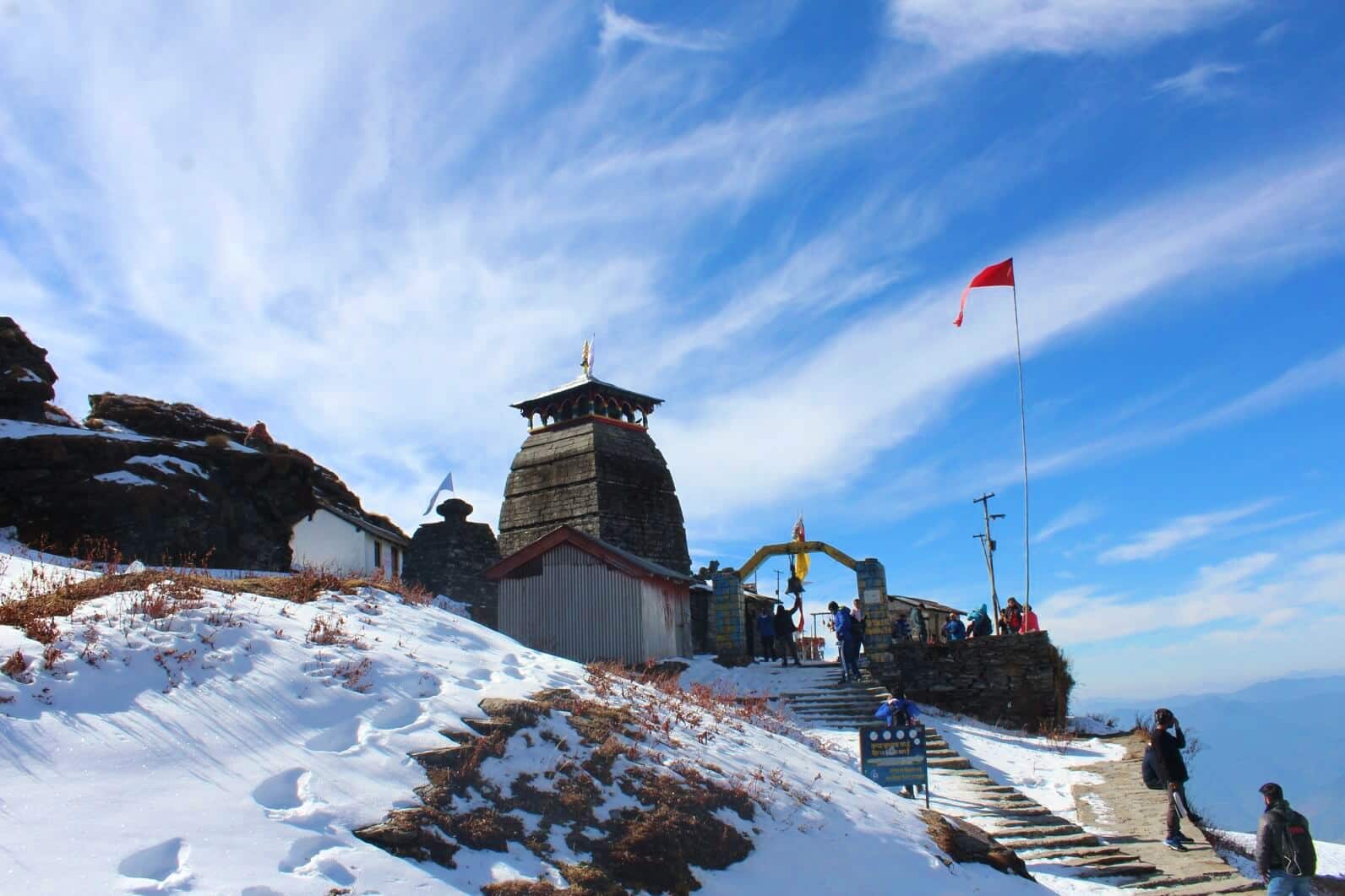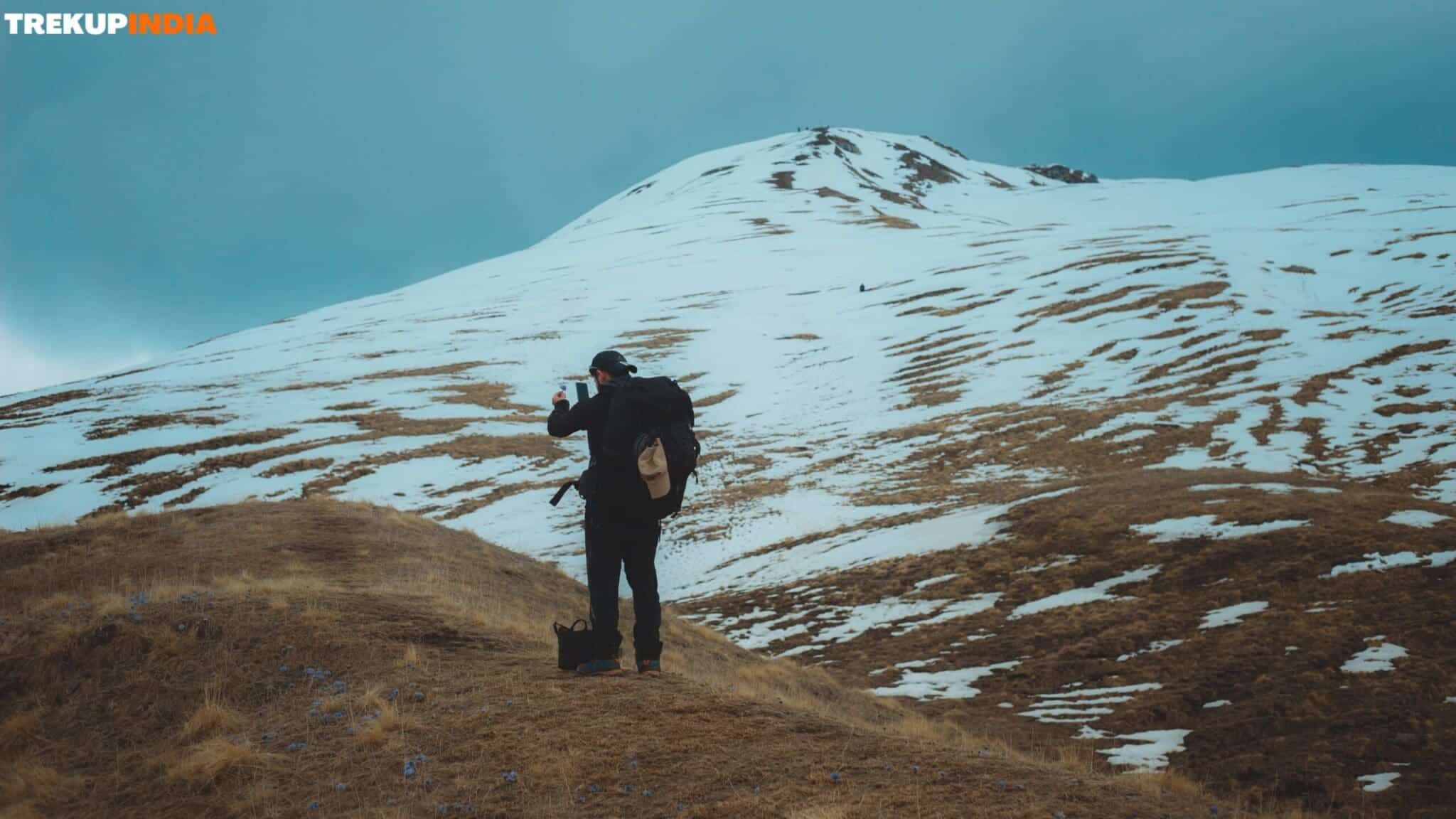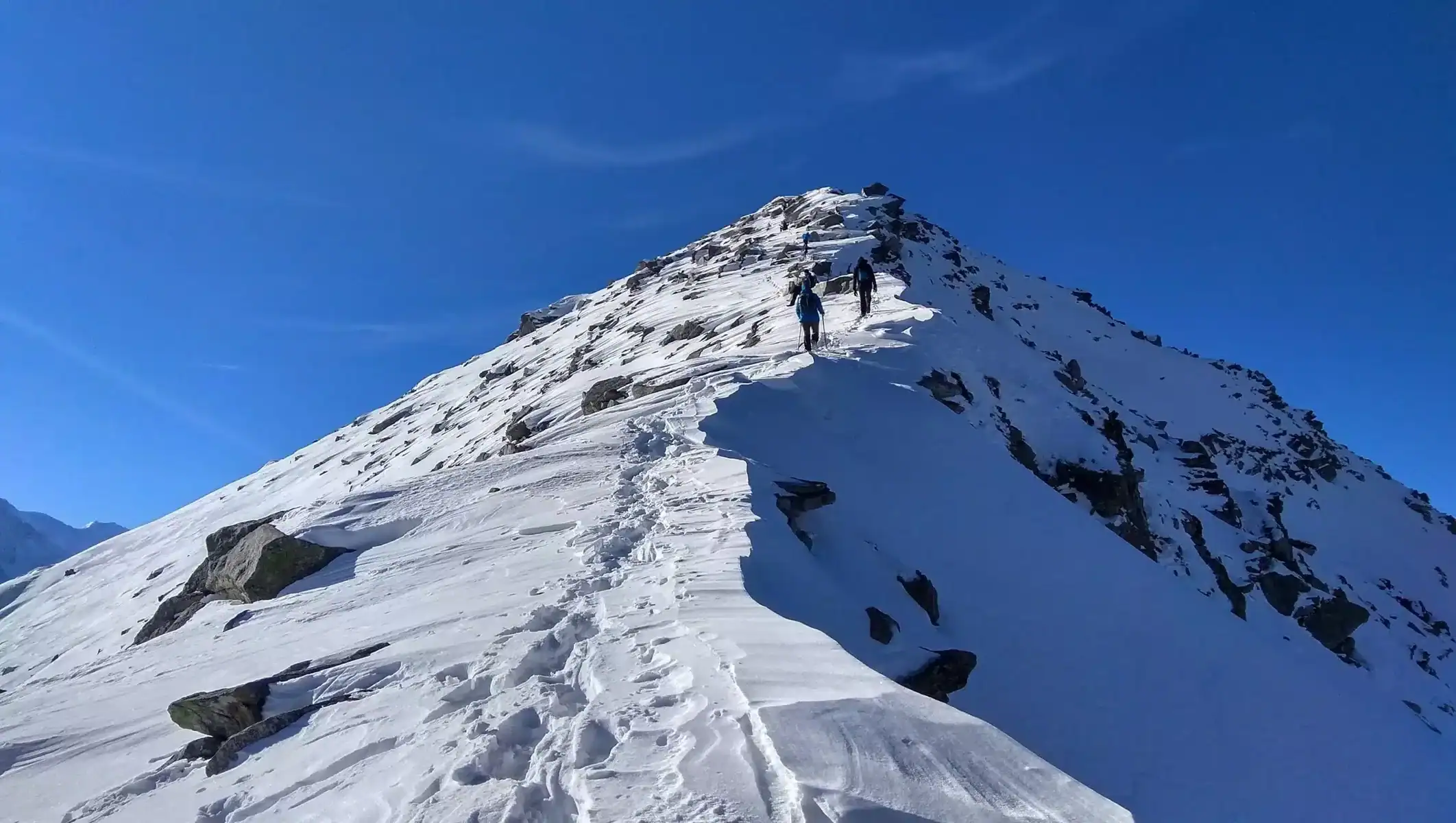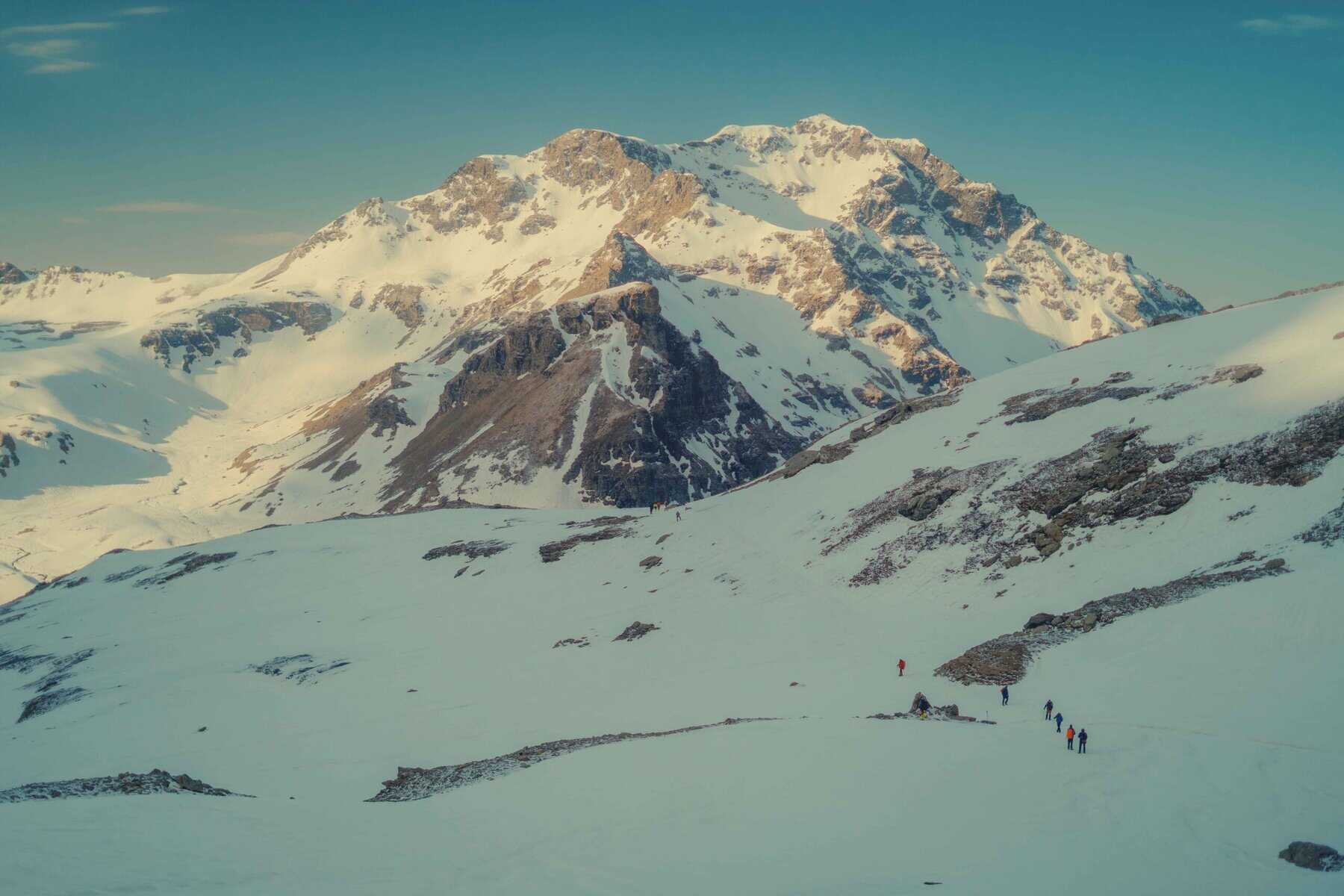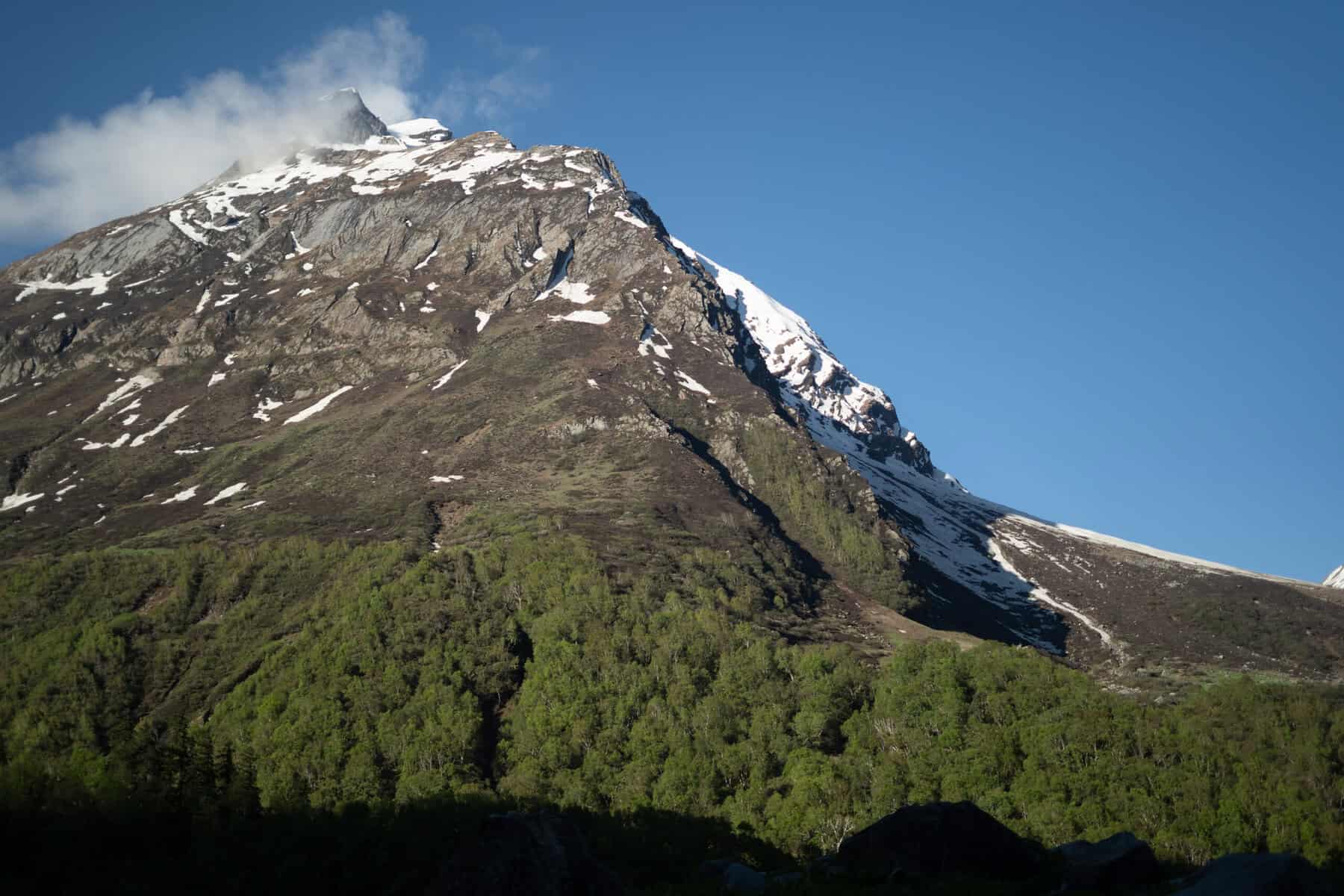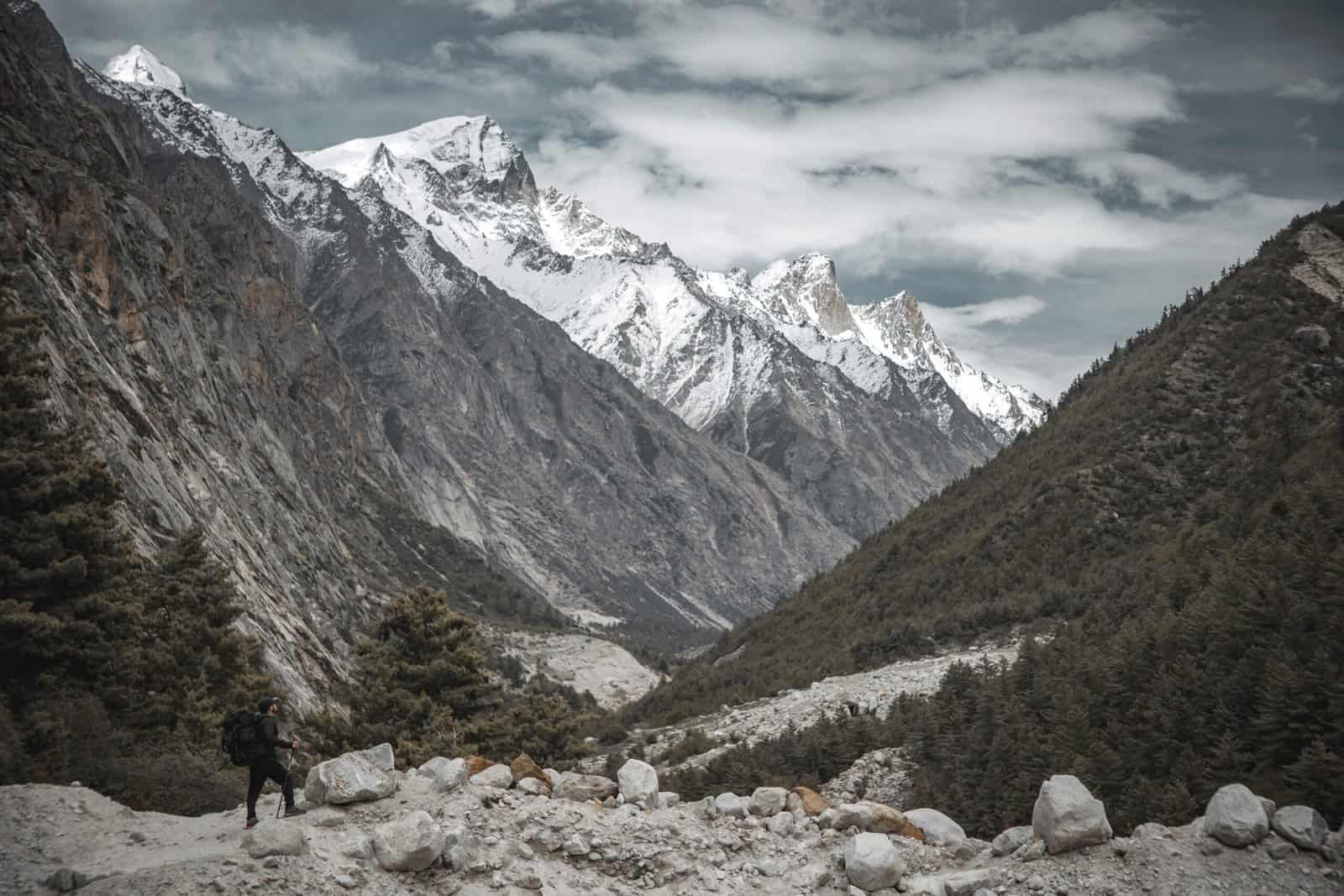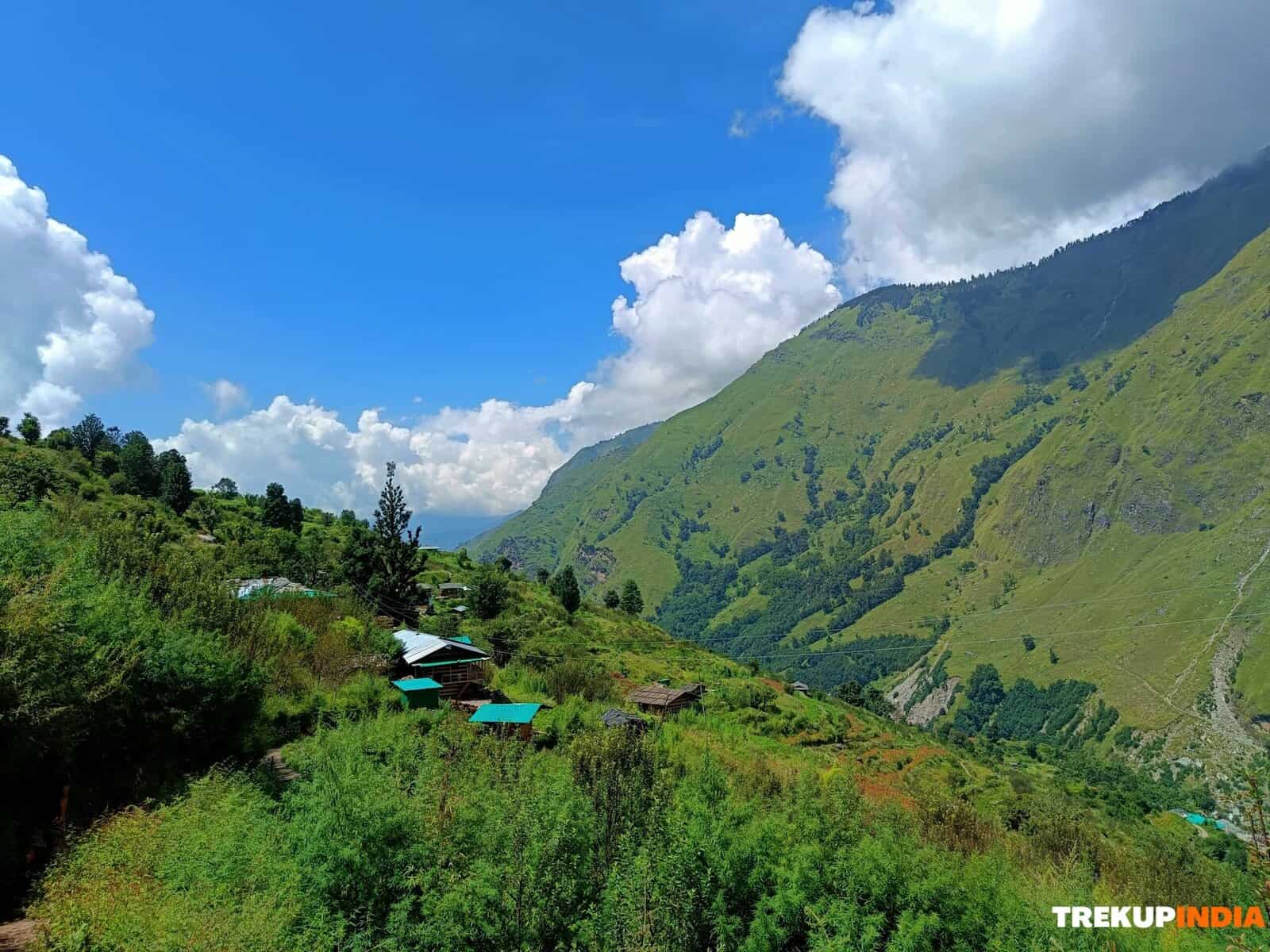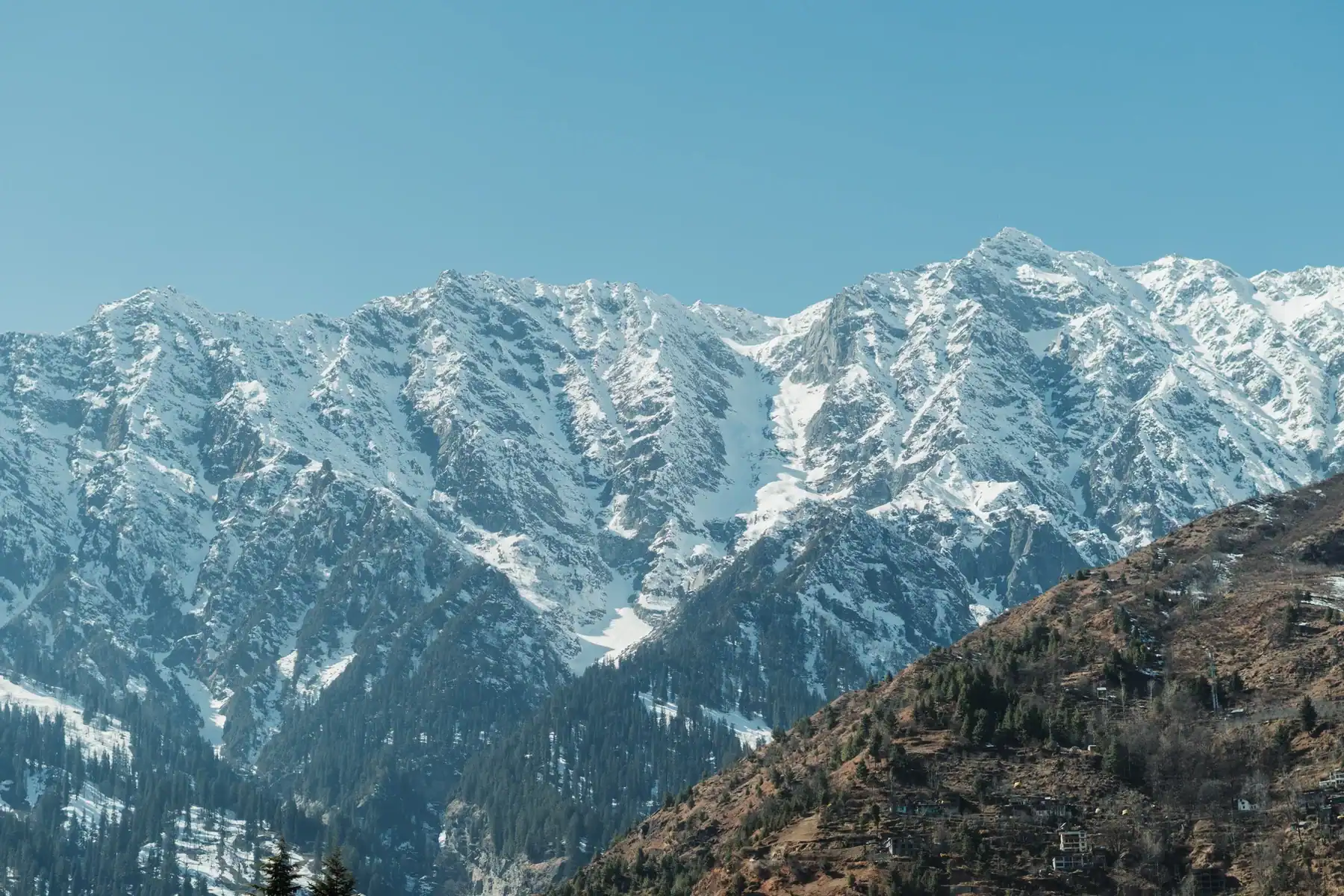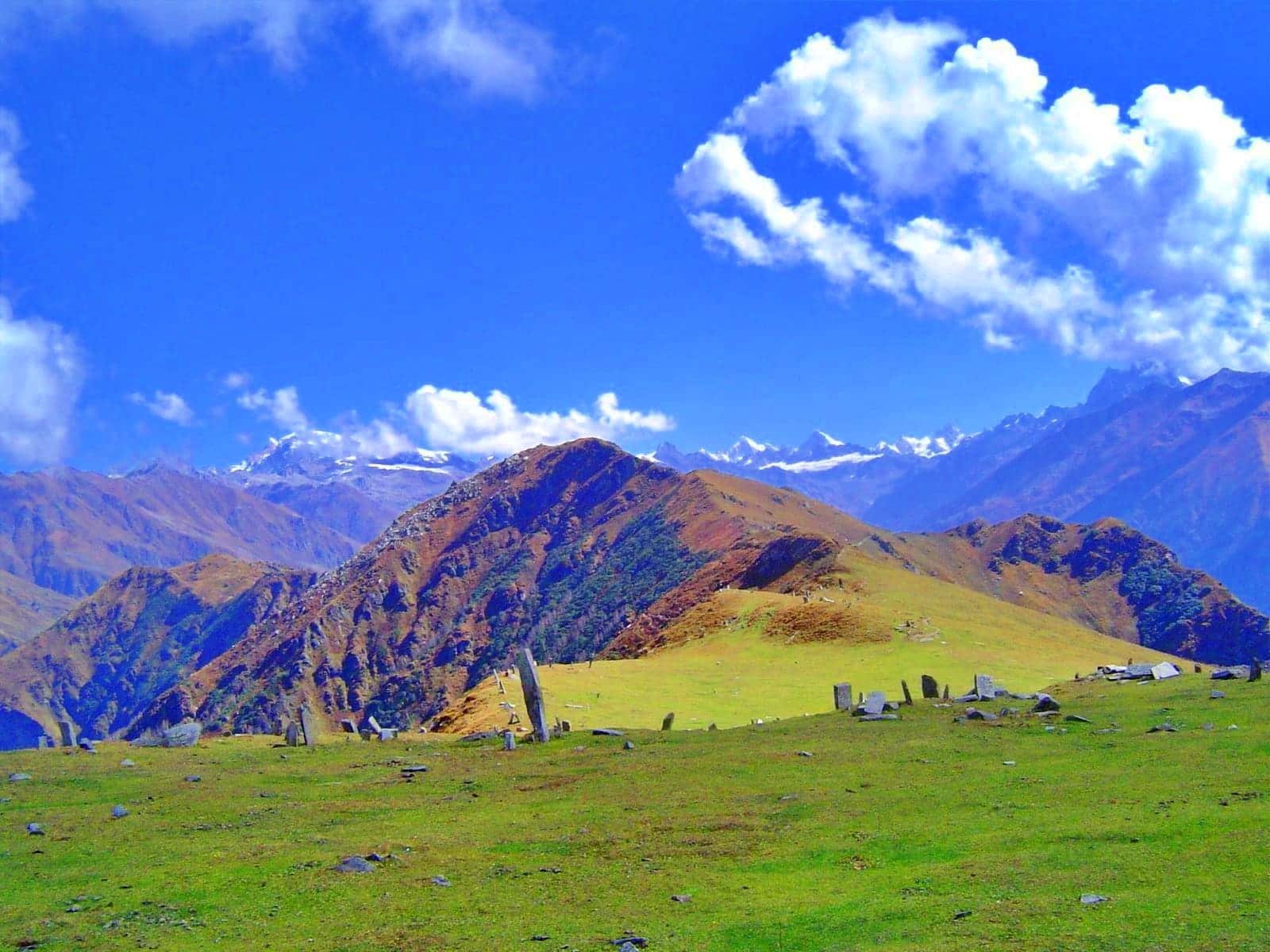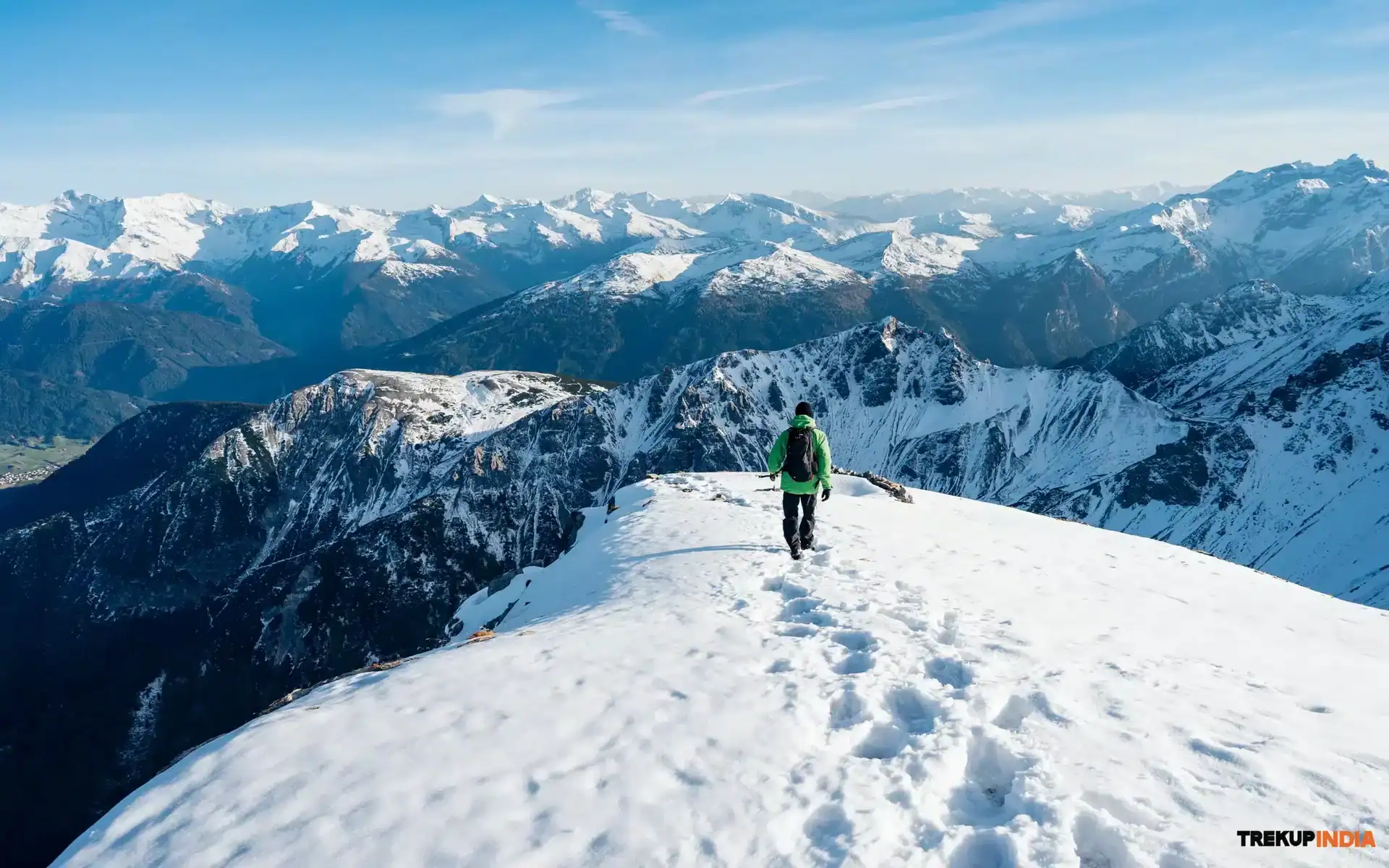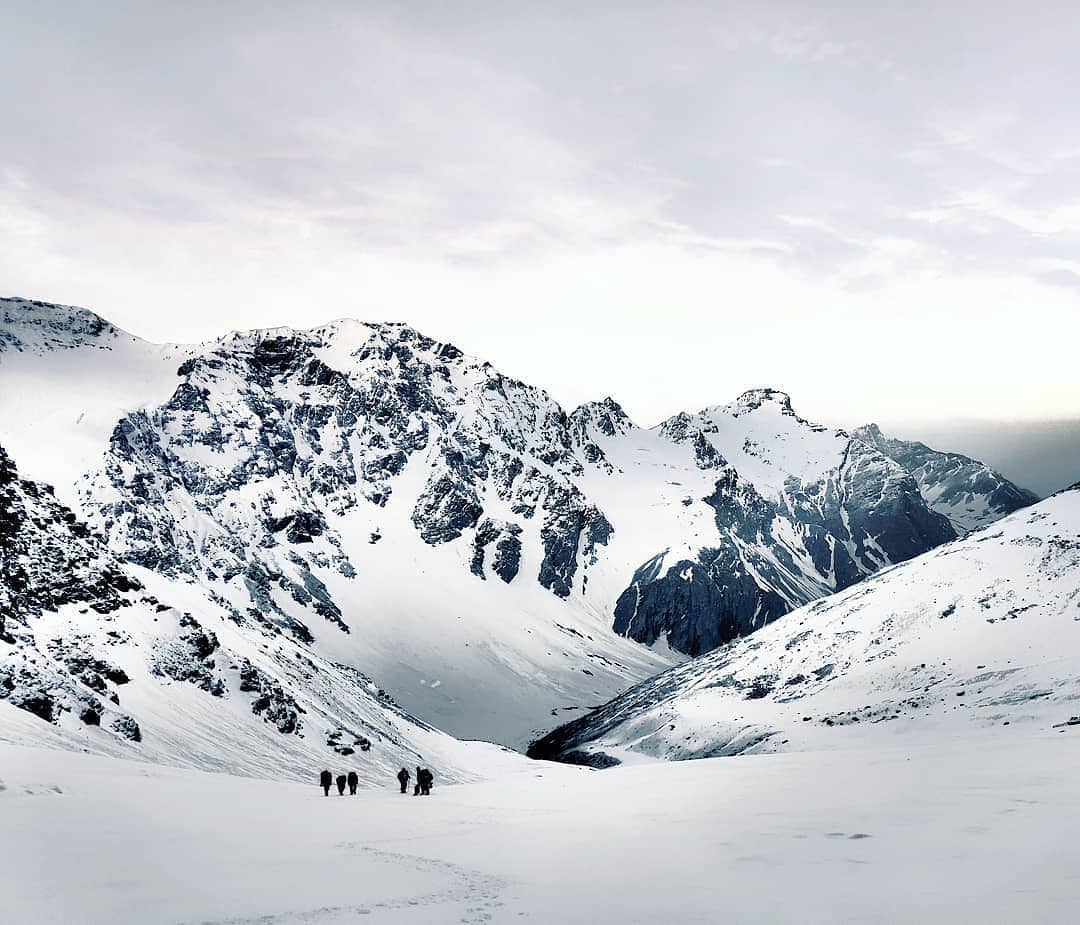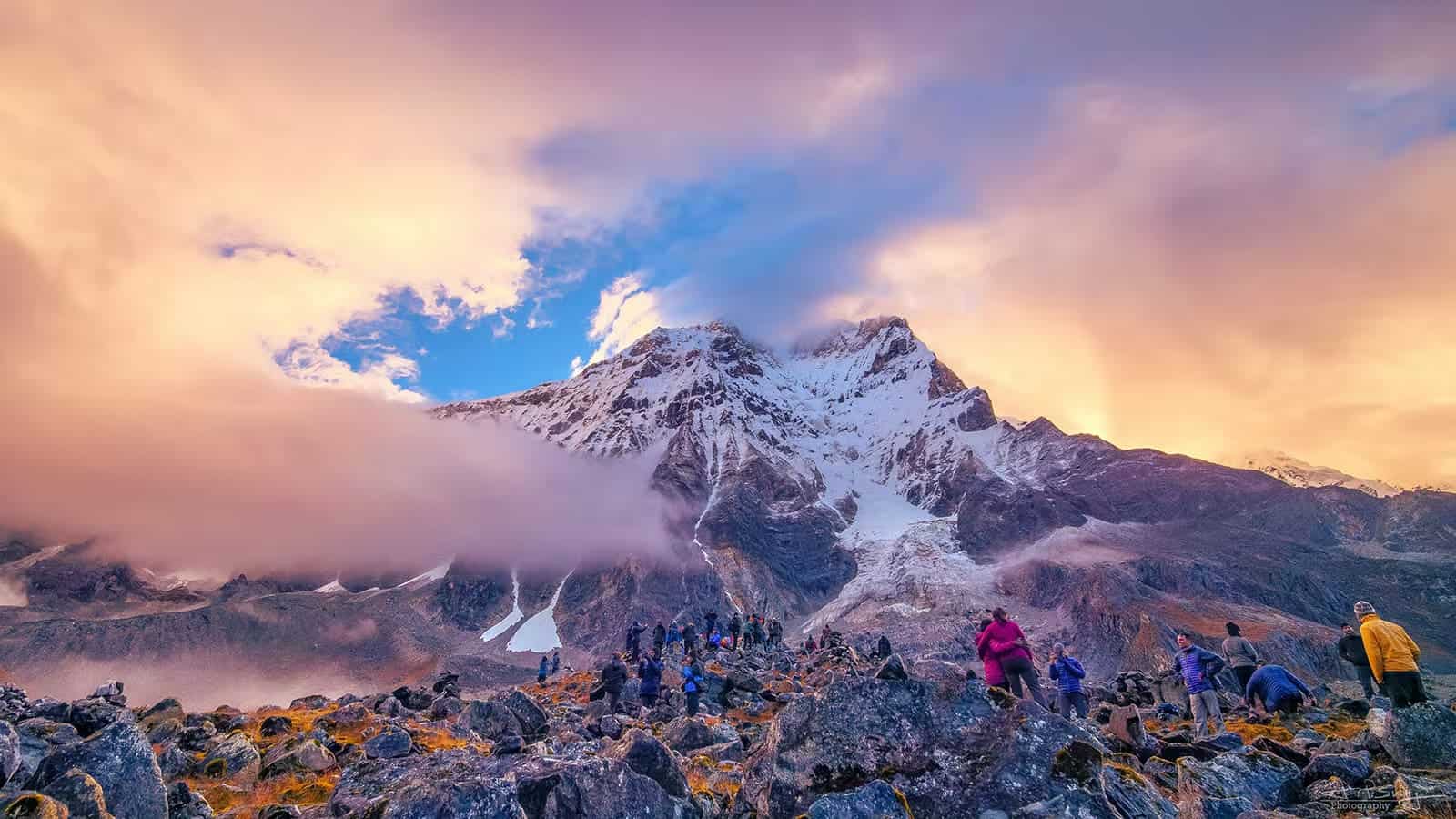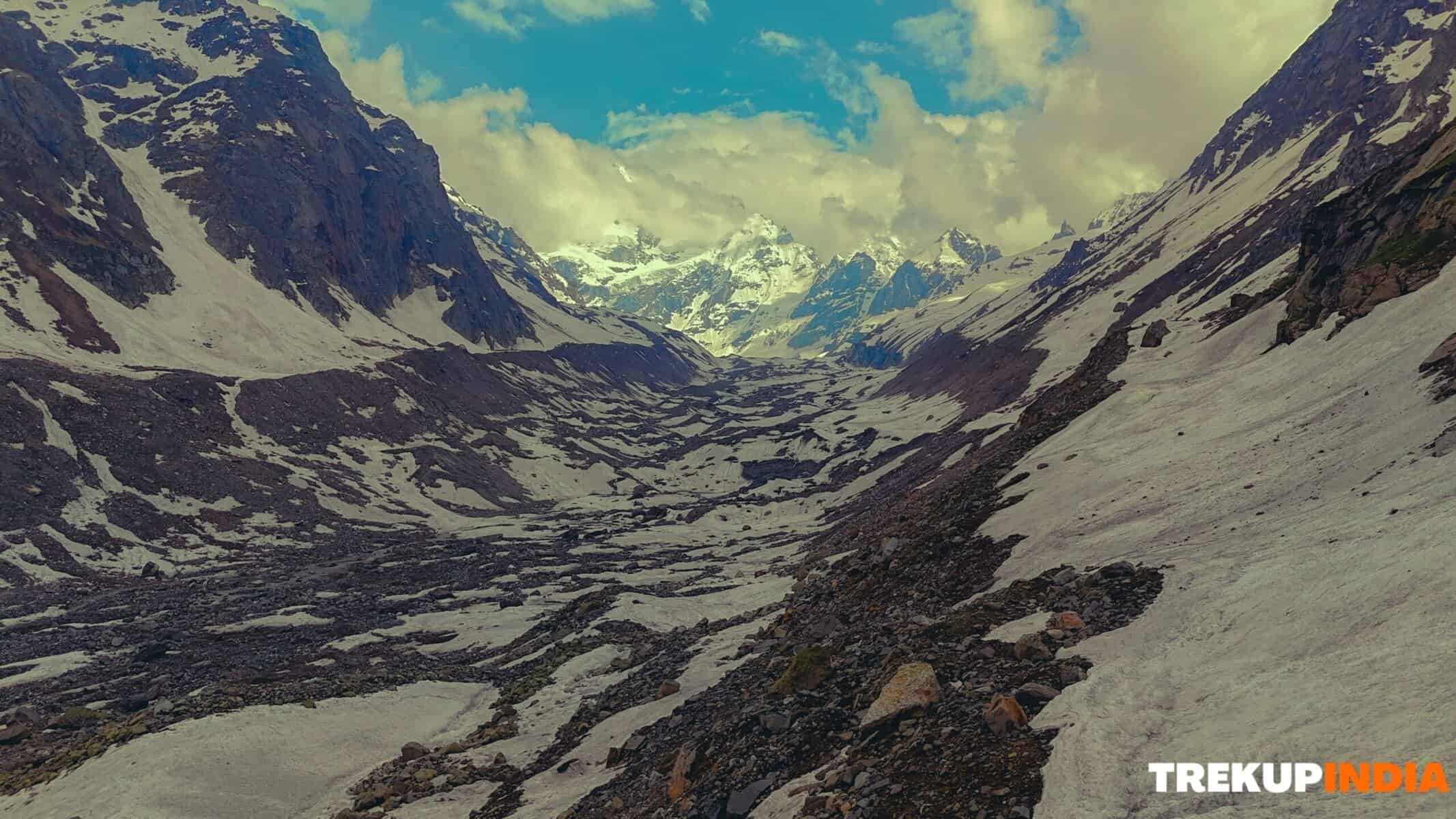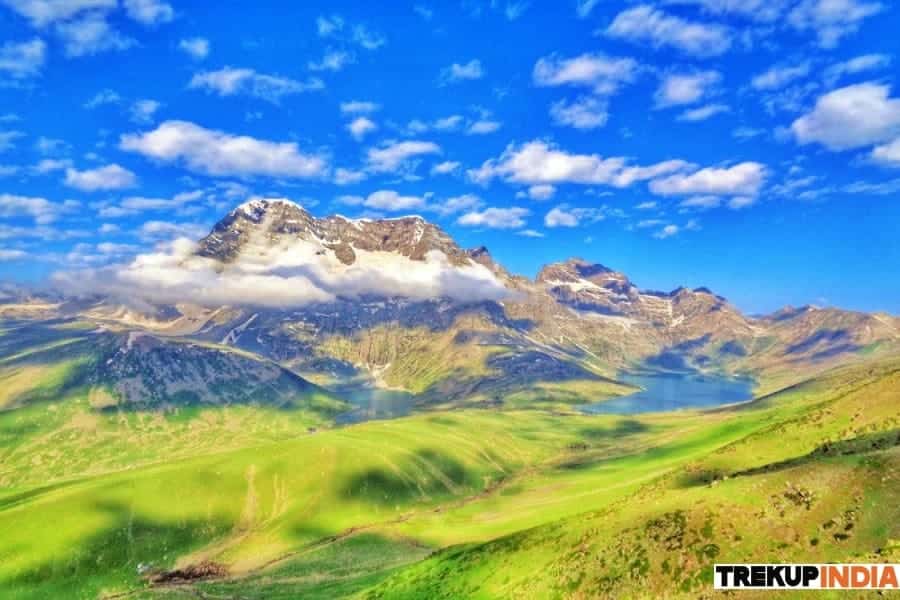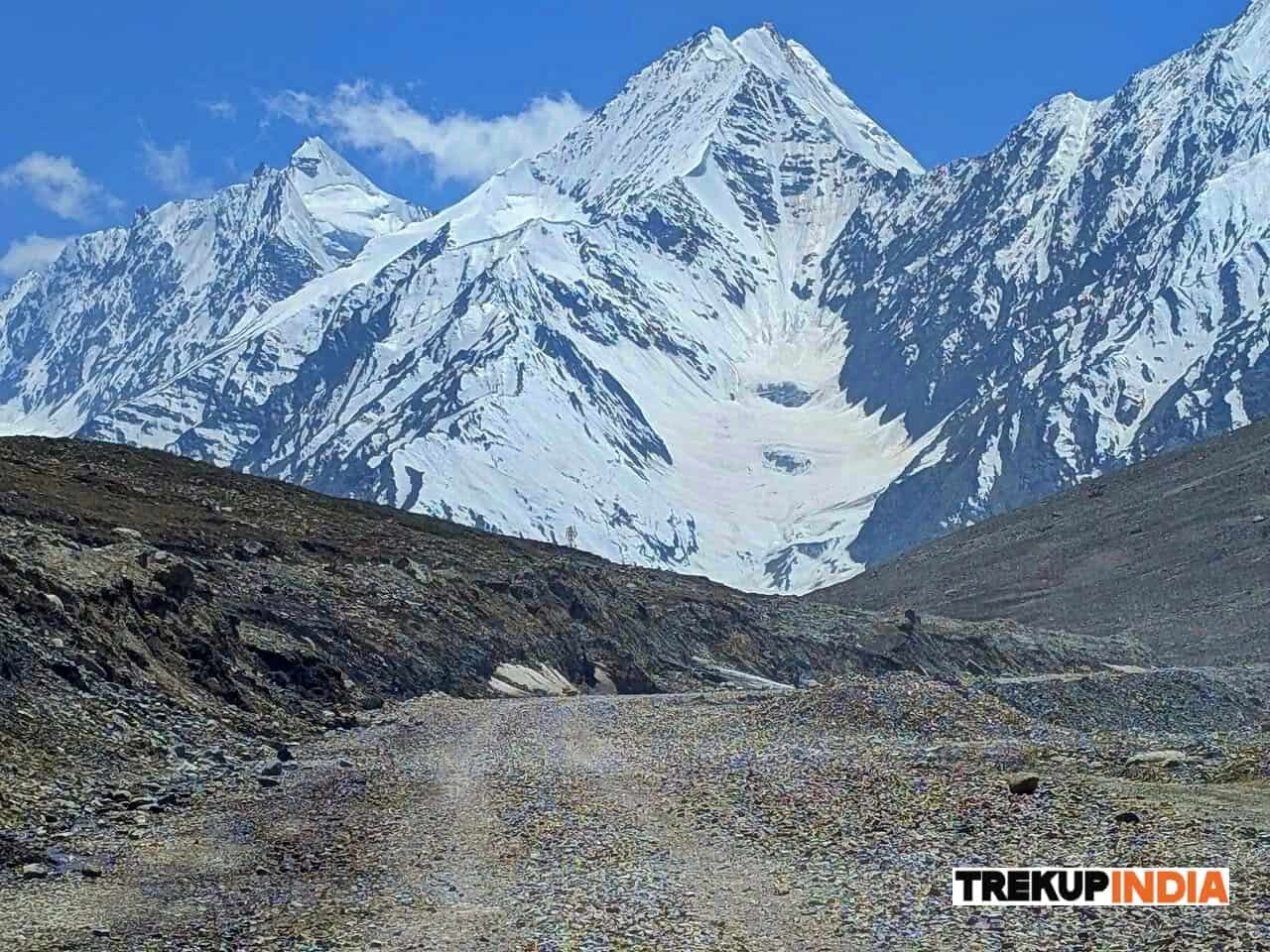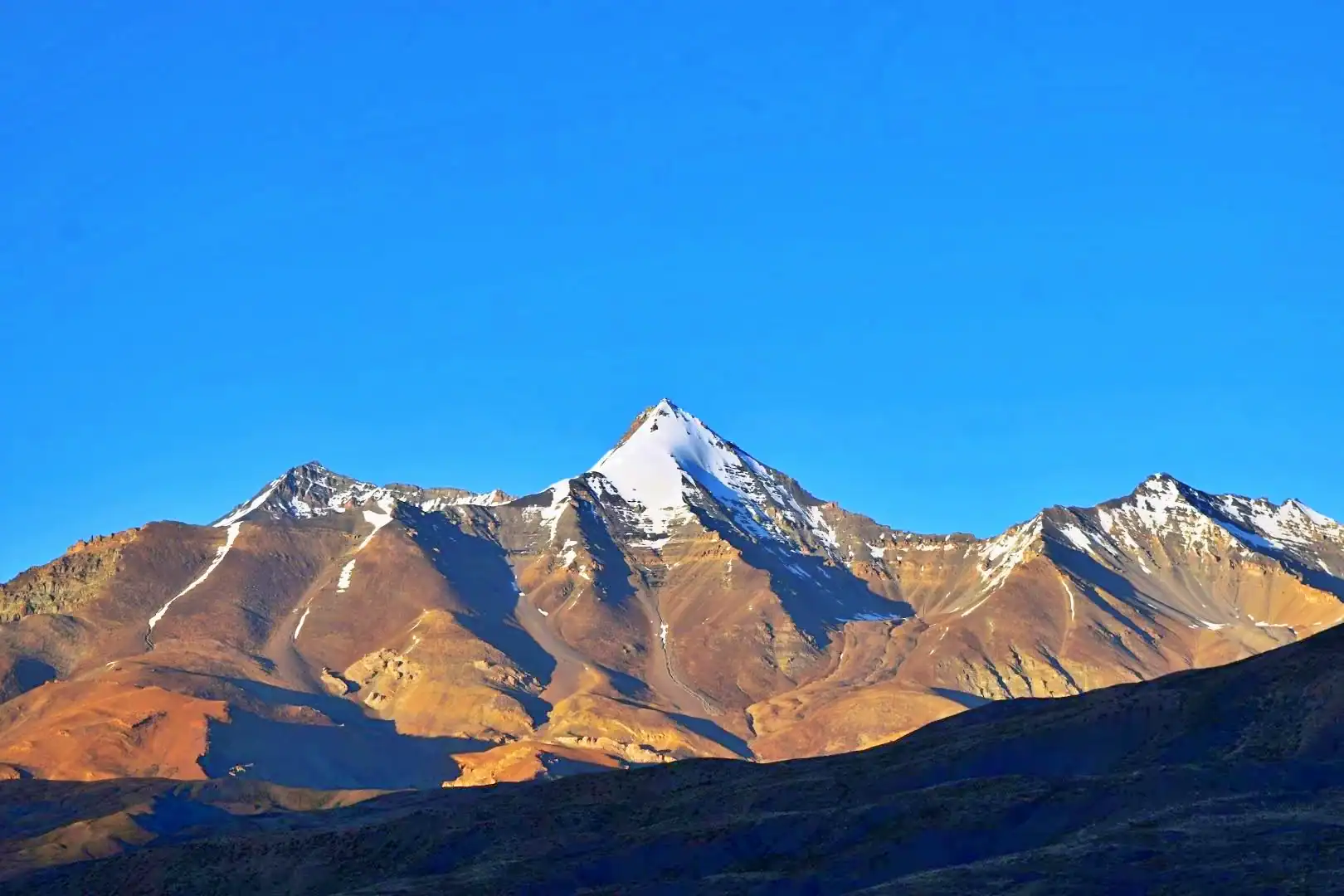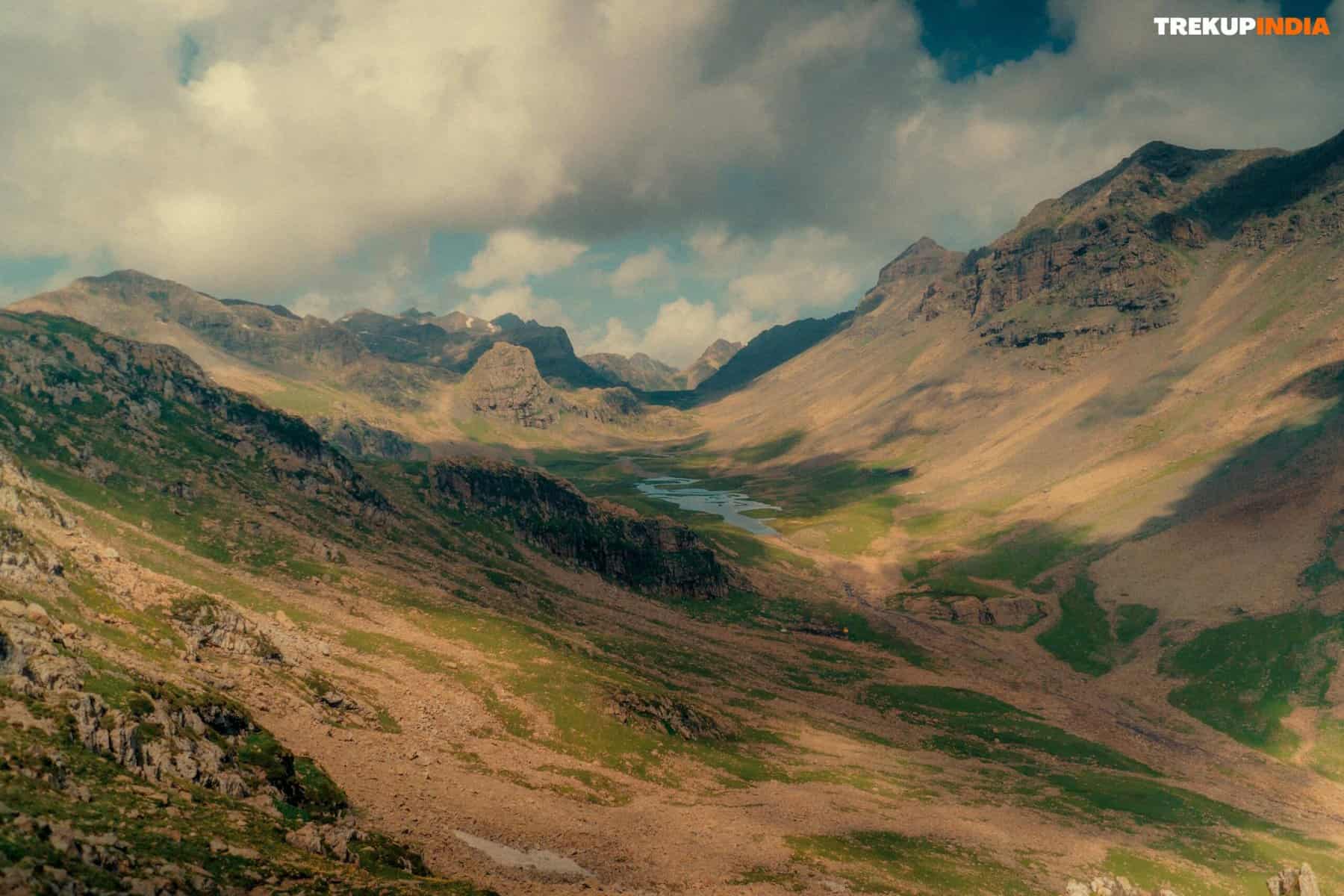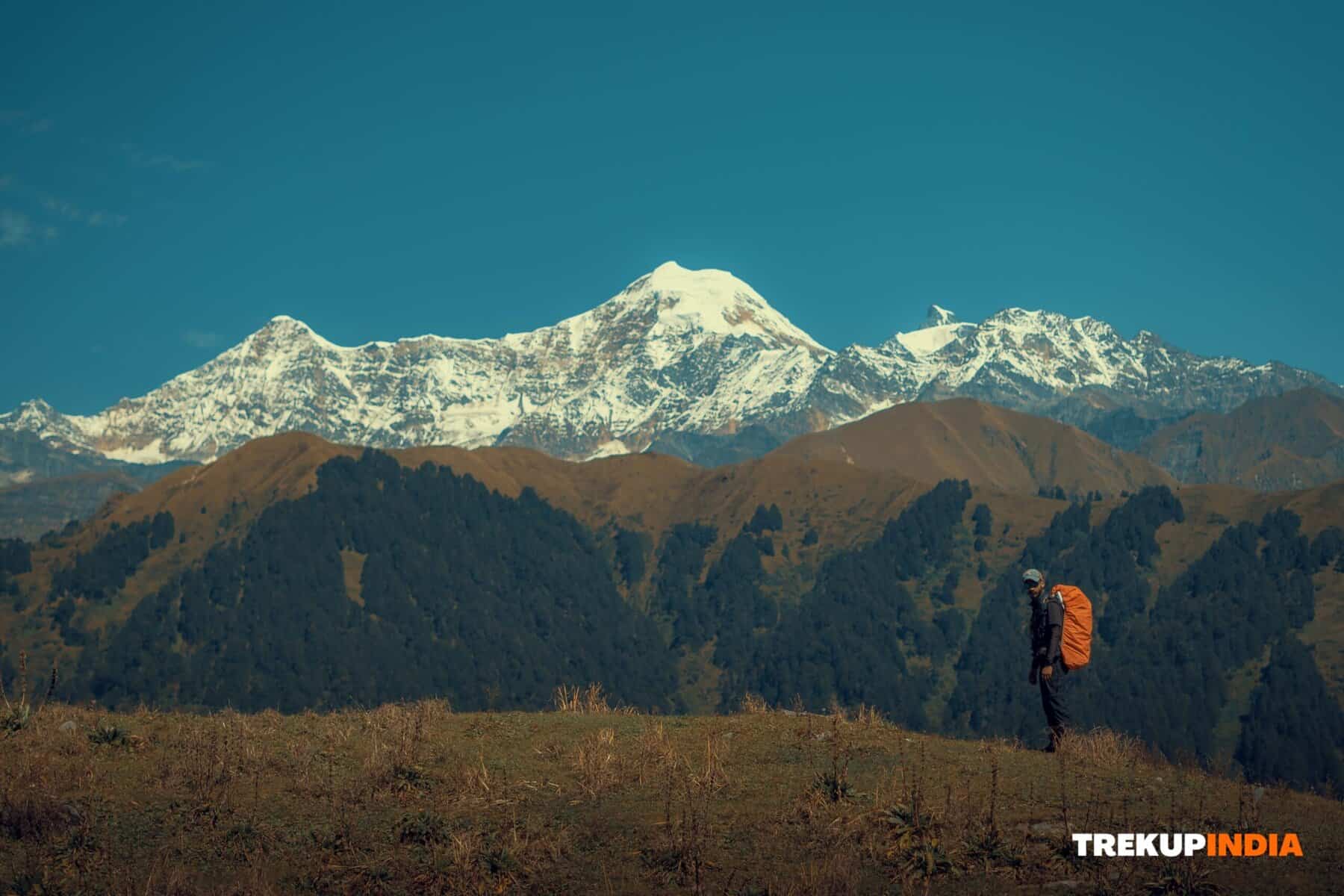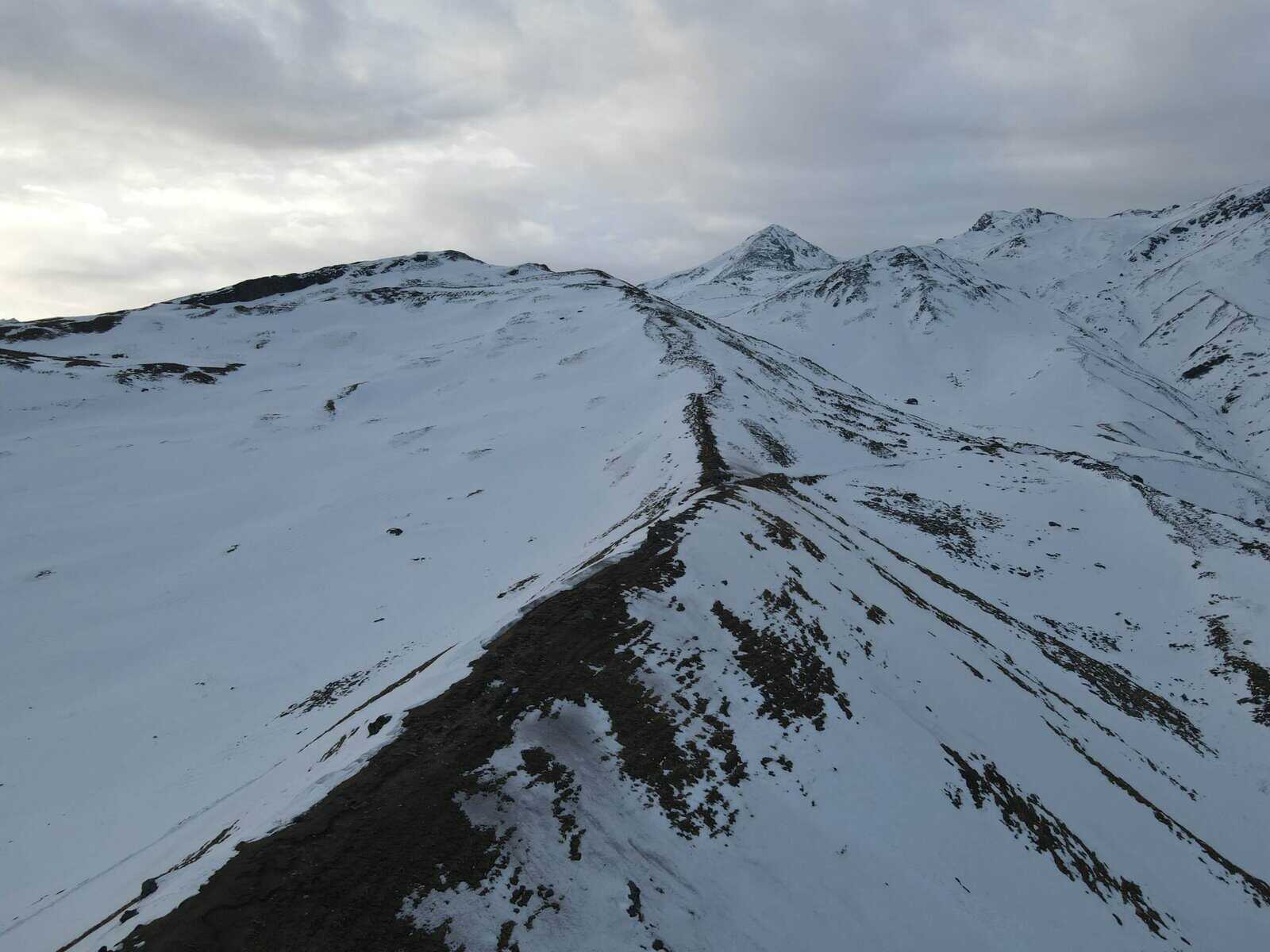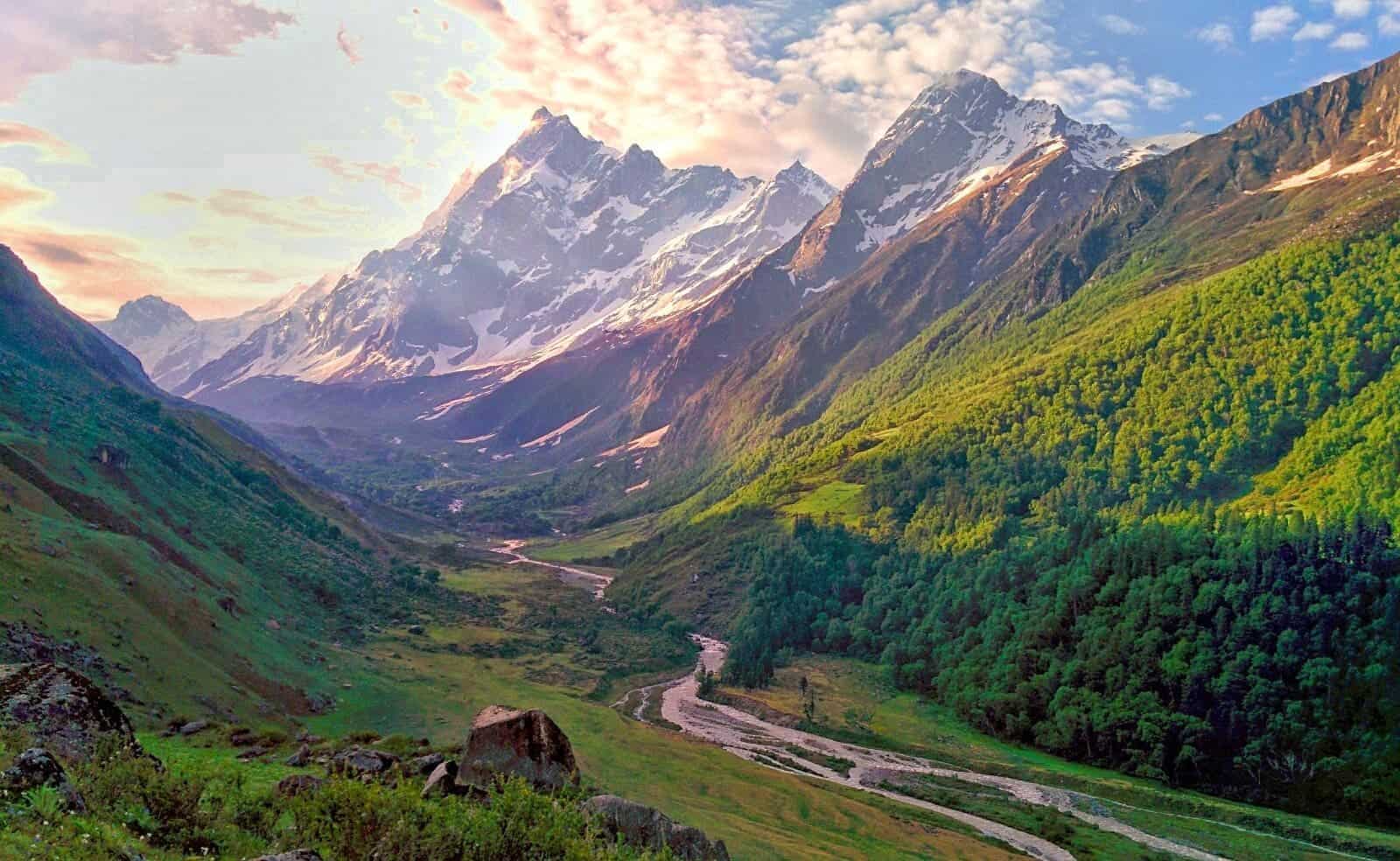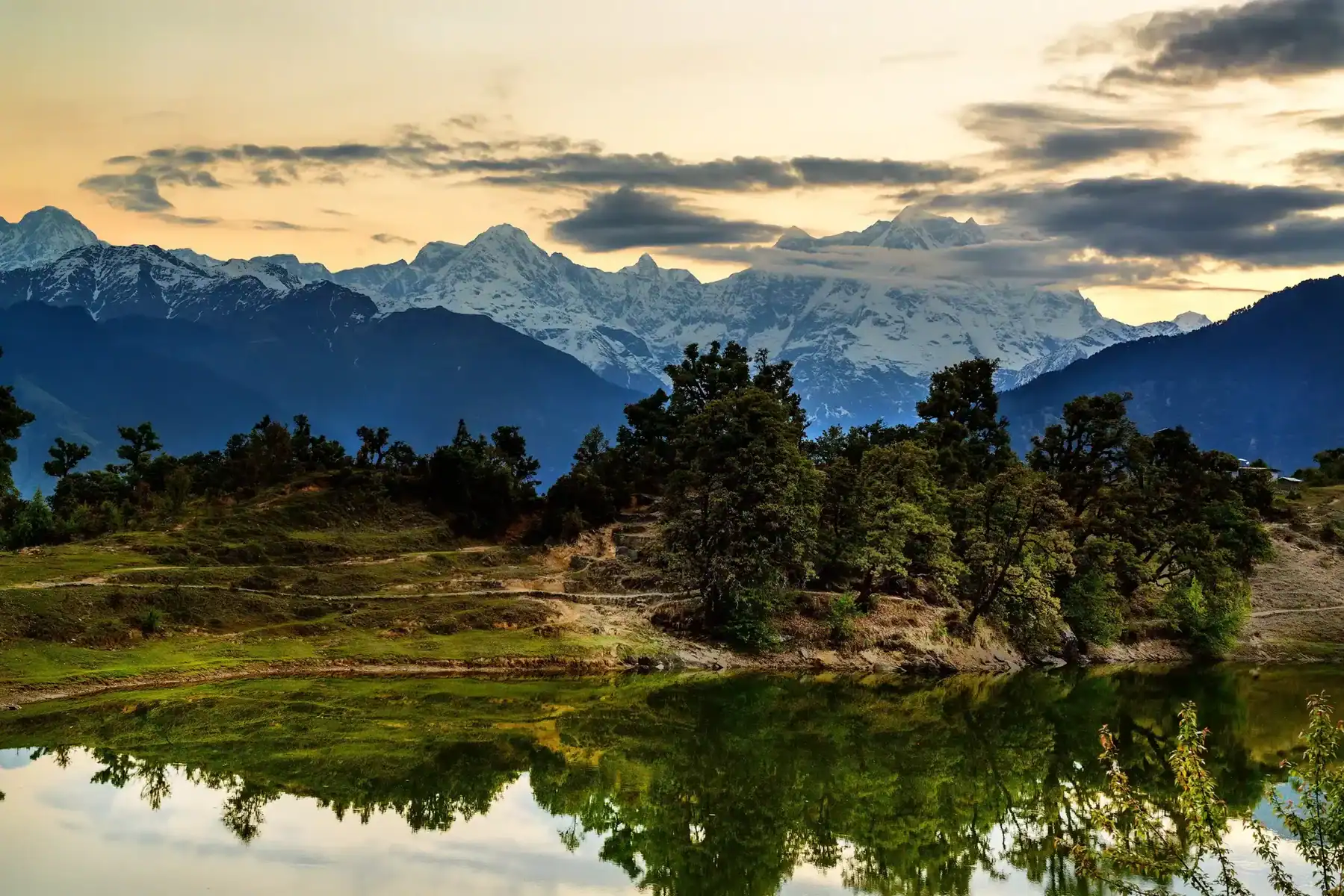First Aid Kit for Trekking in India: Essentials to Pack Smartly
Planning to visit India or trekking, having an emergency plan and a first aid kit that’s tailor-made specifically for Indian hikes are both essential components. From Himalayas trekking to Western Ghats trekking or another remote trail – having one ready can be lifesaving! Here is our complete guide for packing a kit to protect yourself on an outing or trek adventure in India.
Why a Trekker's First-Aid Kit is Non-Negotiable
Remote trails may provide limited or no access to health services, while weather, terrain, and elevation variations all pose health risks. A comprehensive first aid kit will enable you to manage fundamental issues on the go until professional assistance becomes readily available.
1.Essential Medical Supplies
Bandages with Adhesive (Various Sizes): For cuts and blisters/abrasions
Gauze pads constructed of sterile gauze and medical tape can help cover larger wounds.
Antiseptic wipes & solutions (Betadine/Savlon): For cleaning wounds. Cotton roll and cotton swabs
Tweezers and scissors: Useful tools for extracting splinters as well as cutting tape and gauze.
An accurate digital thermometer should be purchased.
2. Medications (Commonly Used in India)
Paracetamol: should only be taken to treat mild discomfort.
Ibuprofen (Brufen) can help treat muscle inflammation or pain.
Antacid: Antidiarrheals can help with acidity or indigestion issues.
Antihistamines such as Avil and Cetirizine may help relieve allergy reactions caused by insect bites or allergic reactions to them.
Antidiarrheals such as Norflox-TZ and Loperamide may help alleviate stomach issues or loose stools.
Oral Rehydration Salts (ORS): Oral rehydration can help combat dehydration at high altitudes or on extended hikes, providing essential hydration support.
Antinausea medications: When dealing with nausea and motion sickness at higher altitudes.
Neosporin or Soframycin antibiotic cream may also be suitable.
3. High-Altitude Medication
Diamox (Acetazolamide) should be taken under medical supervision to prevent and treat symptoms associated with Acute Mountain Sickness (AMS).
Dexamethasone Steroid can be used as an emergency measure in cases of HAPE/HACE; only qualified staff should administer this medicine.
4. Foot Care
Diamox (Acetazolamide) should be taken under medical supervision to prevent and treat symptoms associated with Acute Mountain Sickness (AMS).
Dexamethasone Steroid can be used as an emergency measure in cases of HAPE/HACE; only qualified staff should administer this medicine.
5. Insect & Snake Protection
insect repellent with Citronella or DEET for added protection.
Kit for snake bites in areas where snakes pose a high risk
Creams for itching relief (e.g., Calamine lotion and Lacto Calamine) may provide temporary relief.
Pro Trekker Tips from Trekup India
- Discover how to use the kit, heal wounds, apply ORS, and recognize signs of AMS.
- Consider taking your medication, including those prescribed to manage conditions that are chronic, like diabetes, asthma, and hypertension.
- Do not overpack. Focus on functional and mobile travel solutions when choosing your luggage.
- Make sure you divide up your gear responsibly when embarking on a group trek: distribute larger items such as scissors, ORS sachets, or liquid antiseptic among everyone in the group.
Conclusion
Weather can be unpredictable, but your preparation need not be. Whether you’re an experienced trekker or just beginning your Himalayan trek, having an adequate first aid kit provides security and peace of mind during your exploration. Trekup India takes safety very seriously. At Trekup India, we believe security is of utmost importance. A trip that meets its objectives must provide essential security measures – pack smart, hike safely, and let nature handle everything else!
About Author
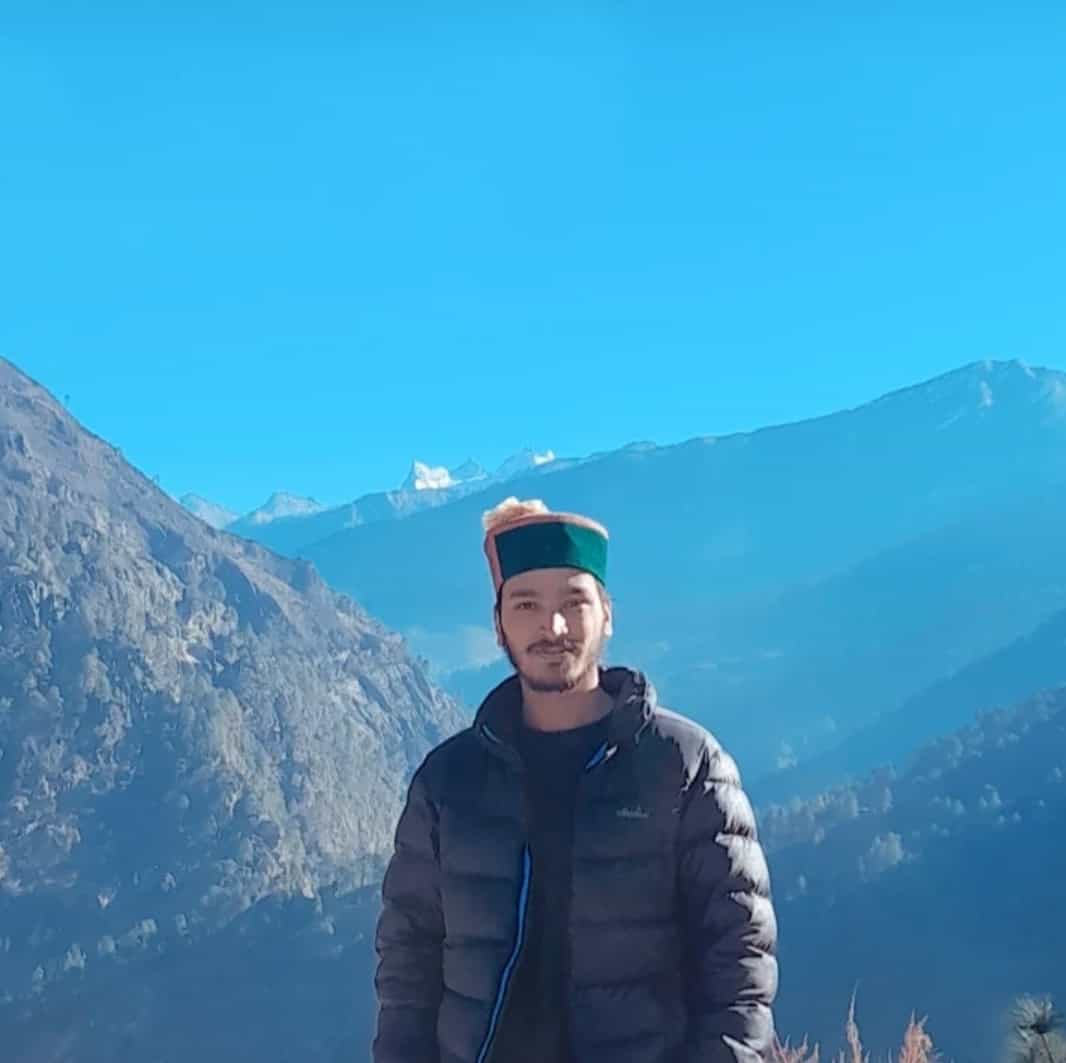
Anoop Rawat (Admin TrekUp India)
Anoop has worked for 5 years as a Trek Leader with TrekUpIndia, leading numerous treks across the diverse and challenging terrains of Uttarakhand and Himachal Pradesh. He holds a degree in Geology with a specialization in Geographic Information Systems (GIS) from UPES Dehradun. During his academic years, he actively applied his classroom knowledge in the field—most notably by contributing to a glacier research project on the Jundar Glacier in the Har Ki Dun Valley, Uttarakhand. Write Anoop at anoop@trekupindia.com
Share this article
Dates For Upcoming Treks
Want To Trek Like Pro?
Basically, watch these videos if you want to trek the same way professional trekkers do and make your skills better. These videos contain useful tips and techniques to further improve your trekking skills itself. These videos actually help both new and experienced trekkers improve their trekking skills. These videos definitely provide useful tips that make your trek better. We are seeing that these videos by Trekup India experts will only help you make your trekking skills better.
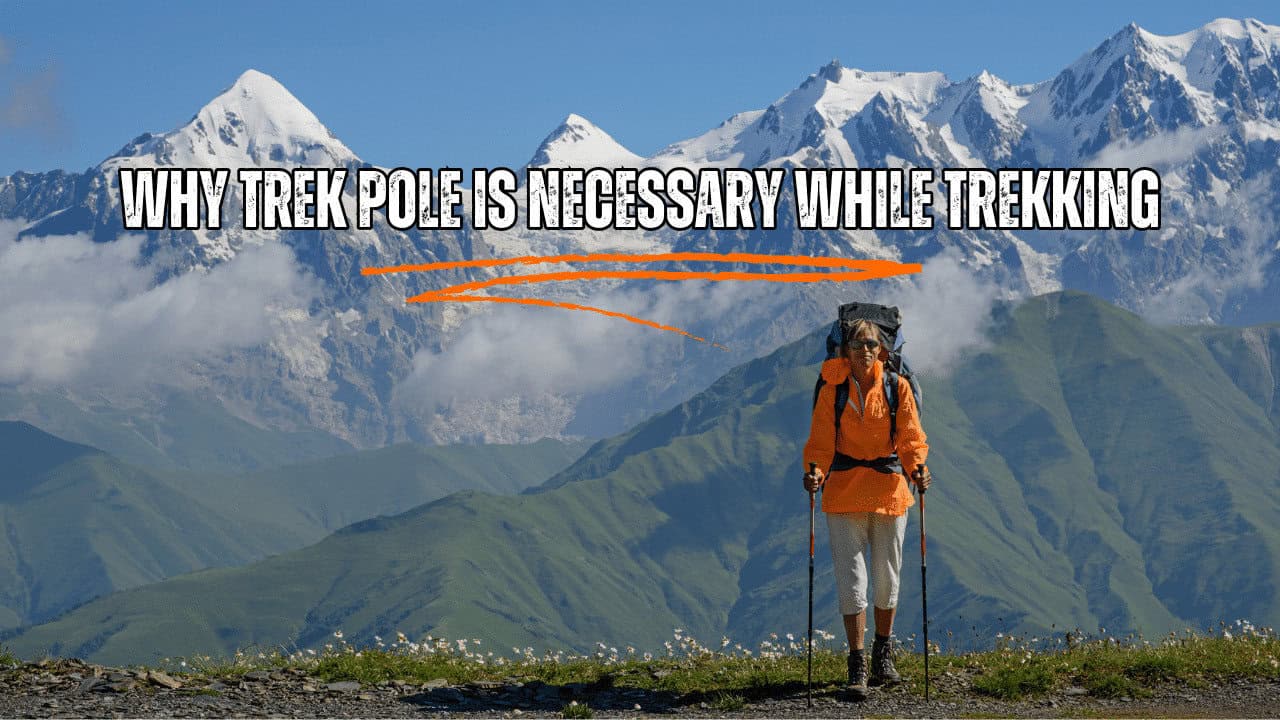
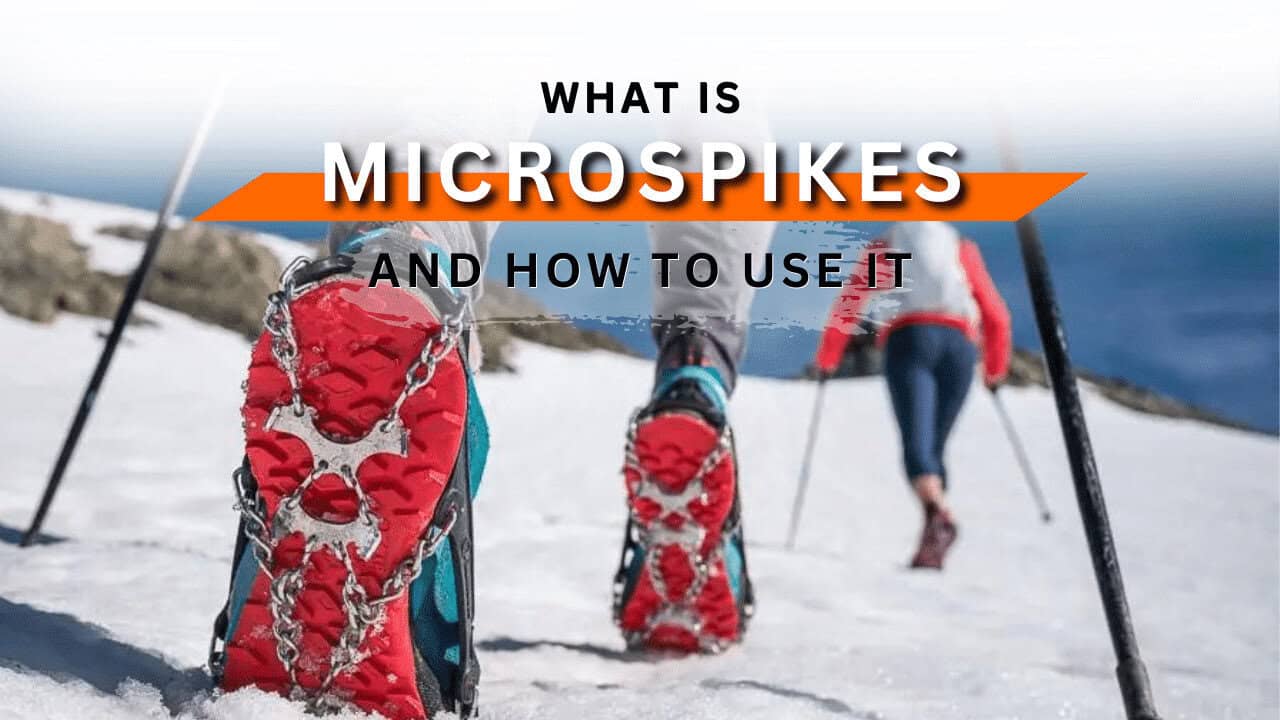
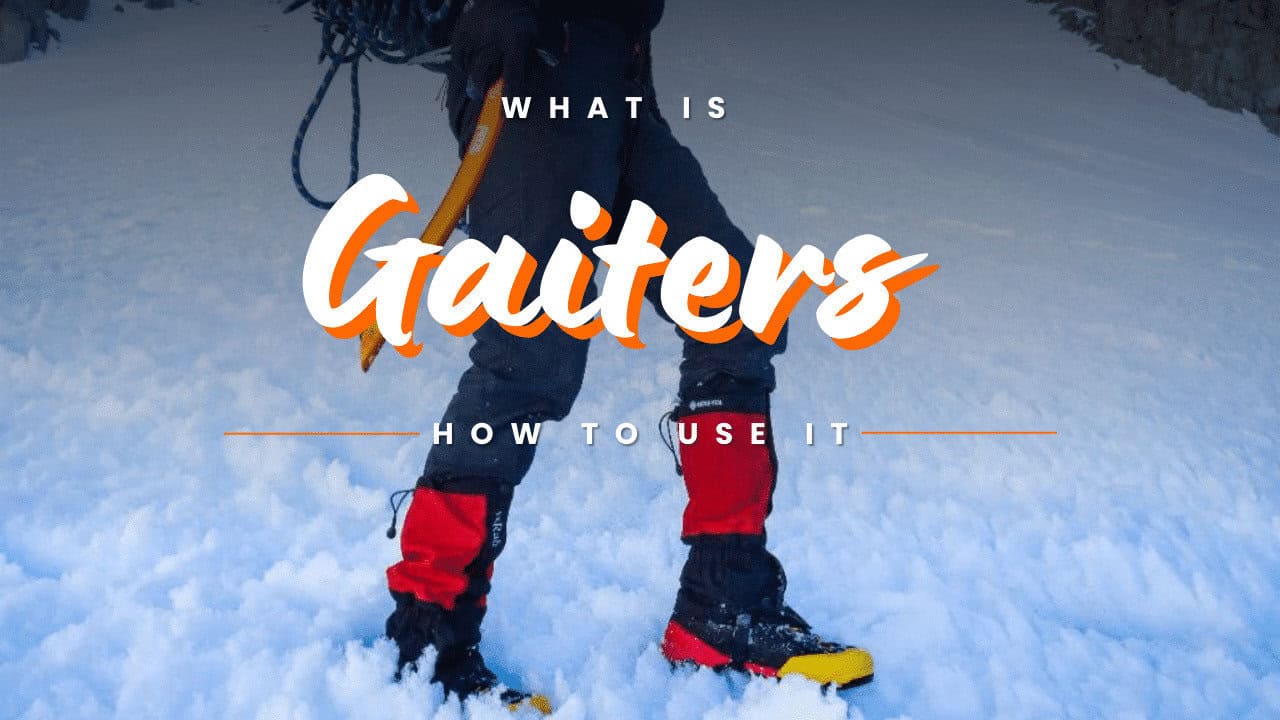
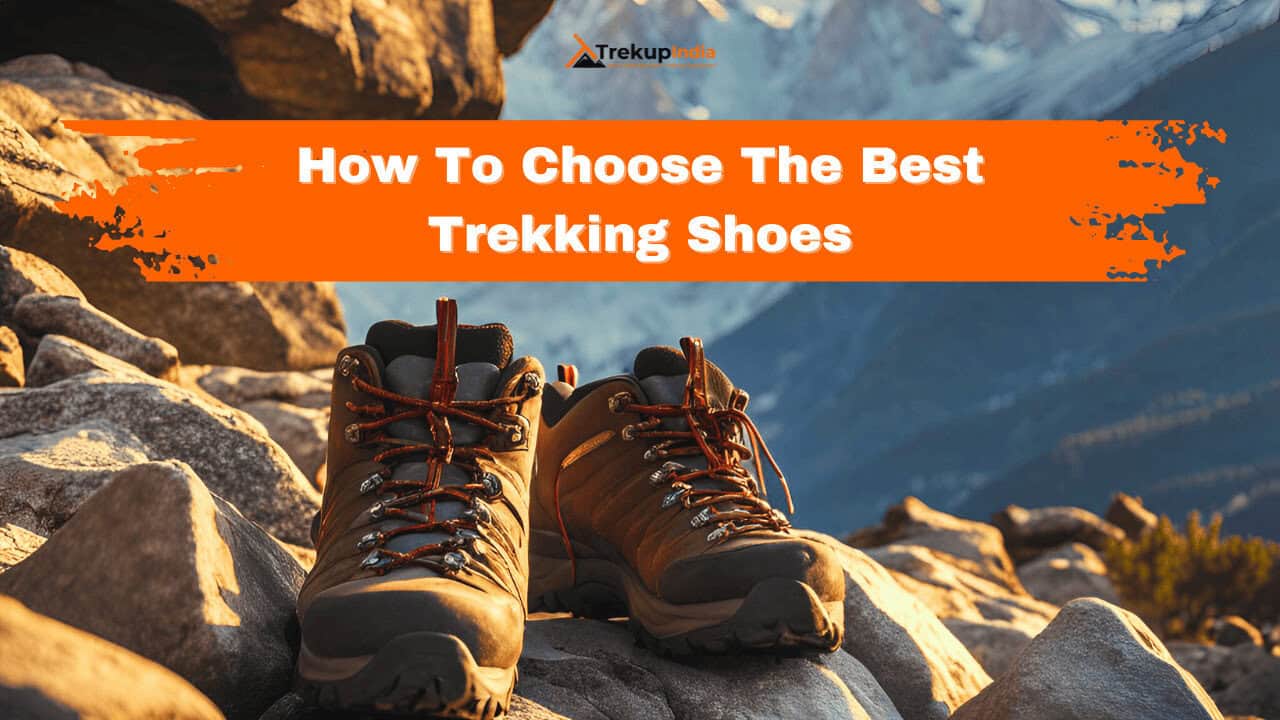
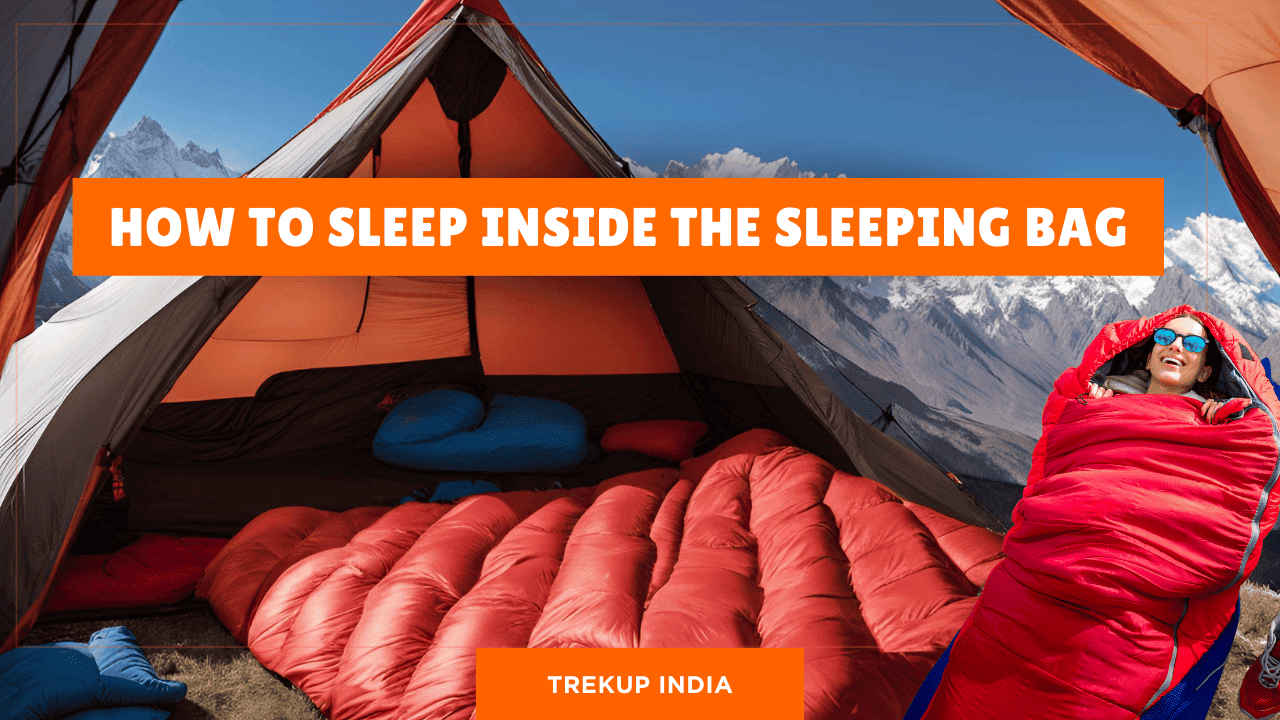
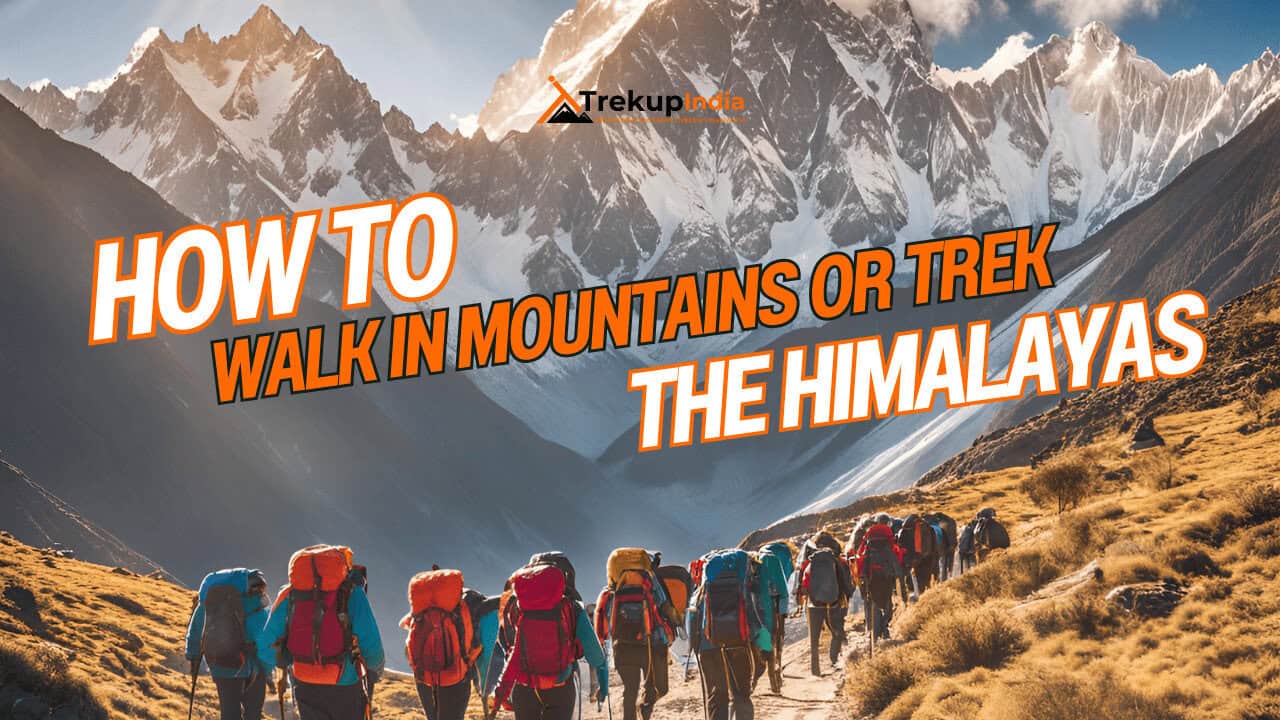
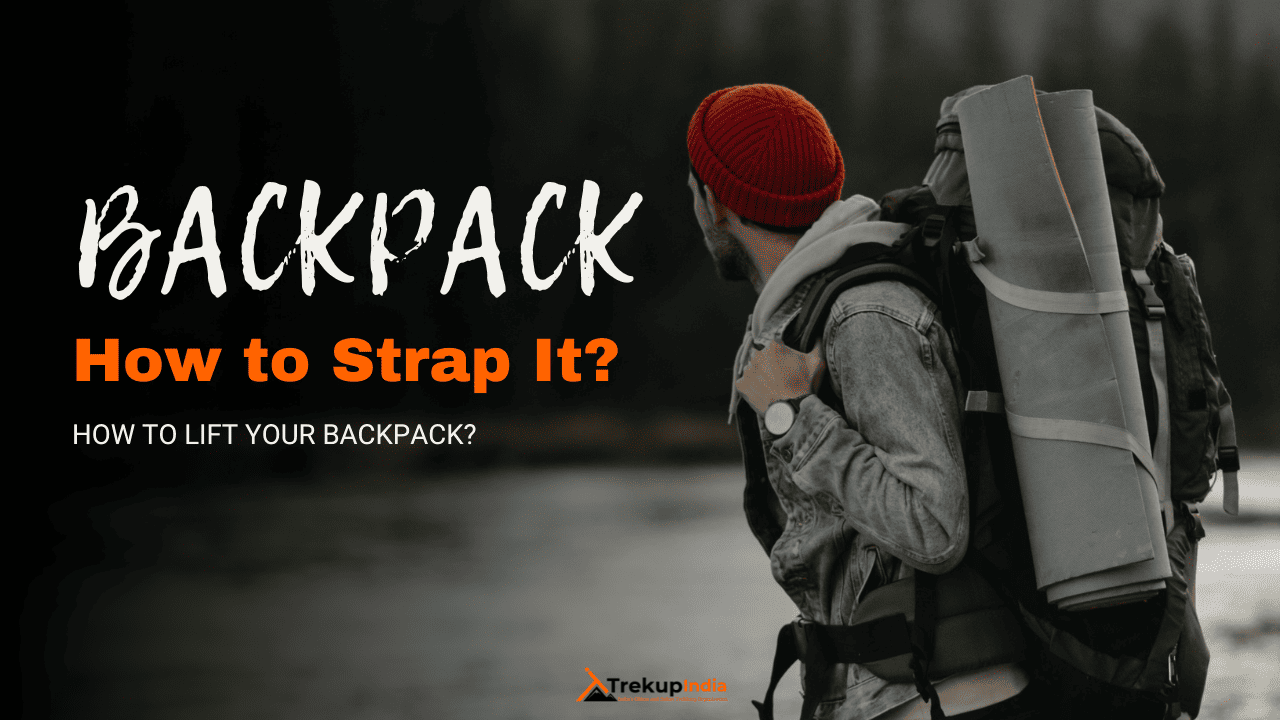
Know Everything About Acute Mountain Sickness
Acute Mountain Sickness occurs when people trek to high altitudes above 8,000 feet. This condition itself develops further due to reduced oxygen levels at such heights. Basically, as you go higher up, the air pressure and oxygen levels decrease, which causes the same problem. Acute Mountain Sickness surely causes headache, nausea, vomiting, and dizziness in affected persons. Moreover, peoples also experience difficulty in sleeping during this condition. To avoid mountain sickness, you should actually trek up slowly to higher altitudes. To learn further about this condition itself, watch the videos by Trekup India.
